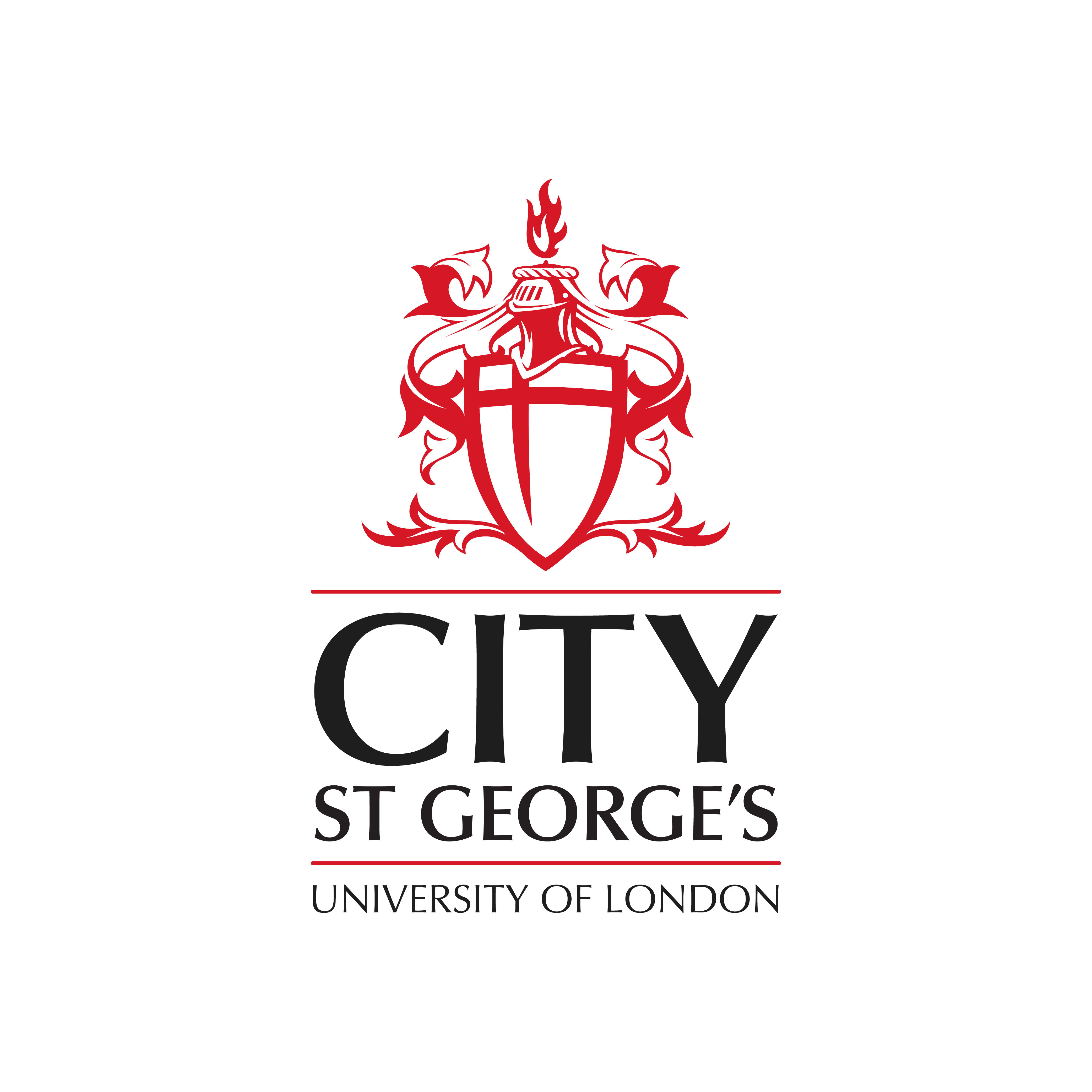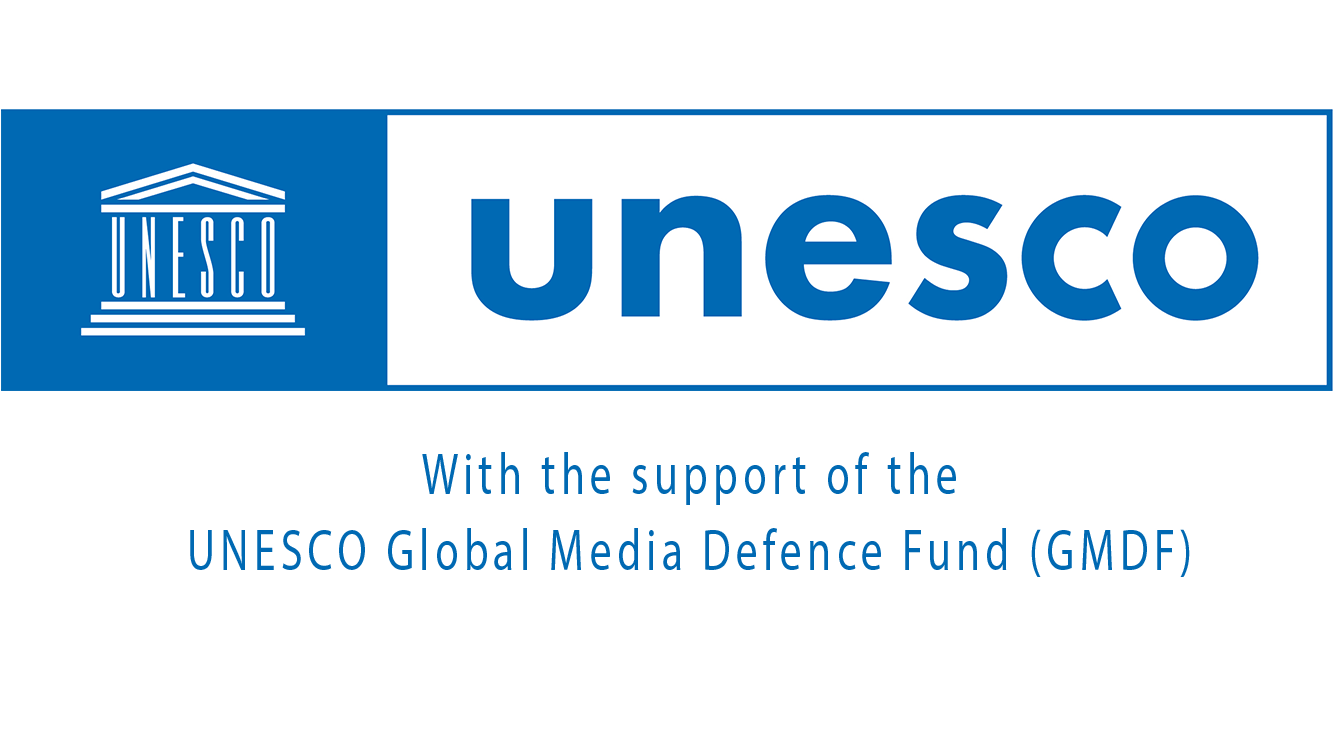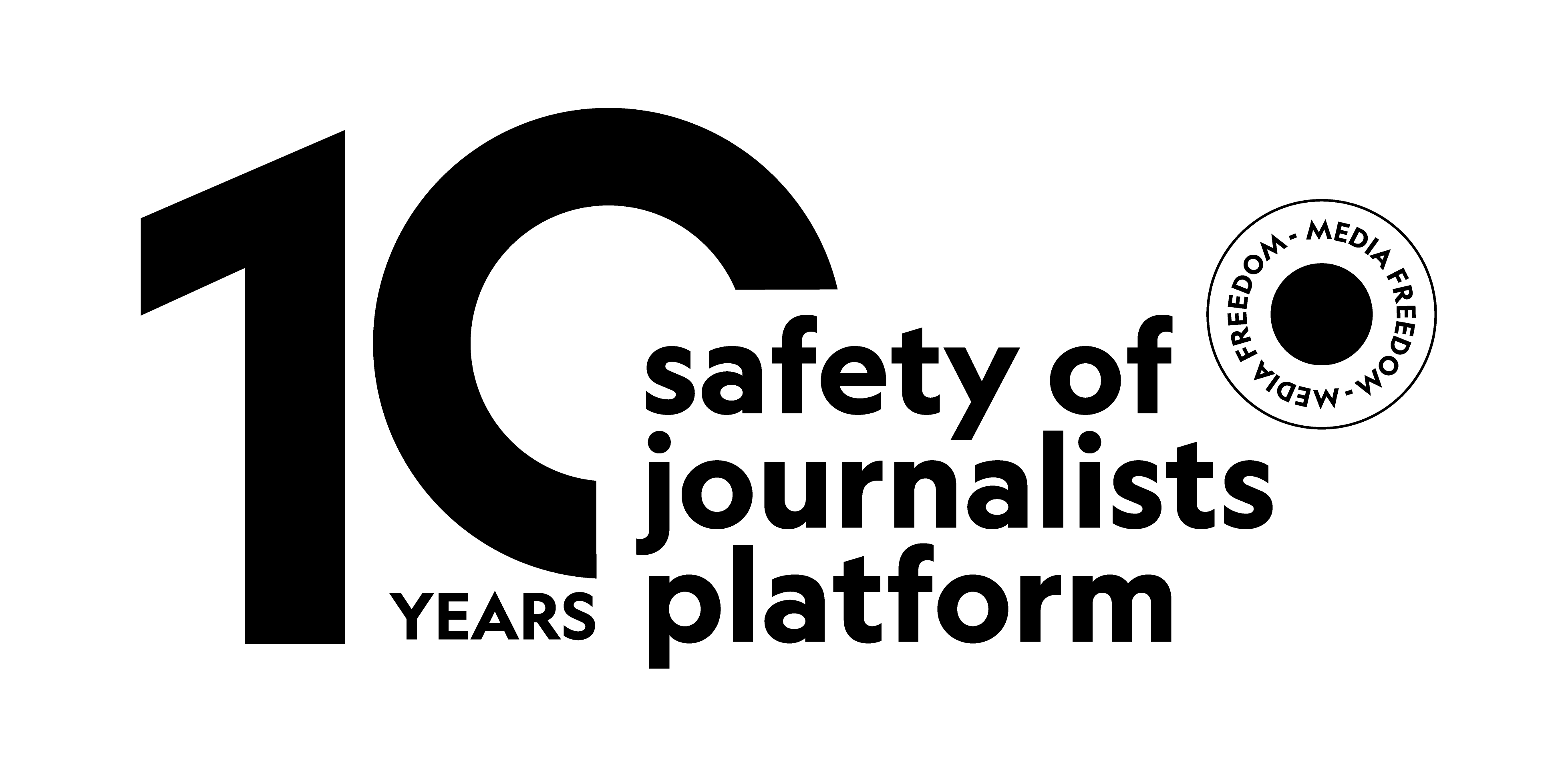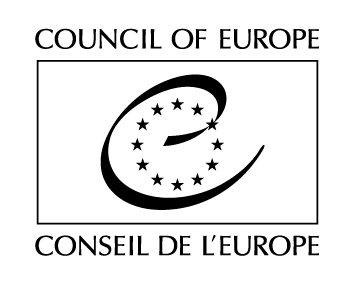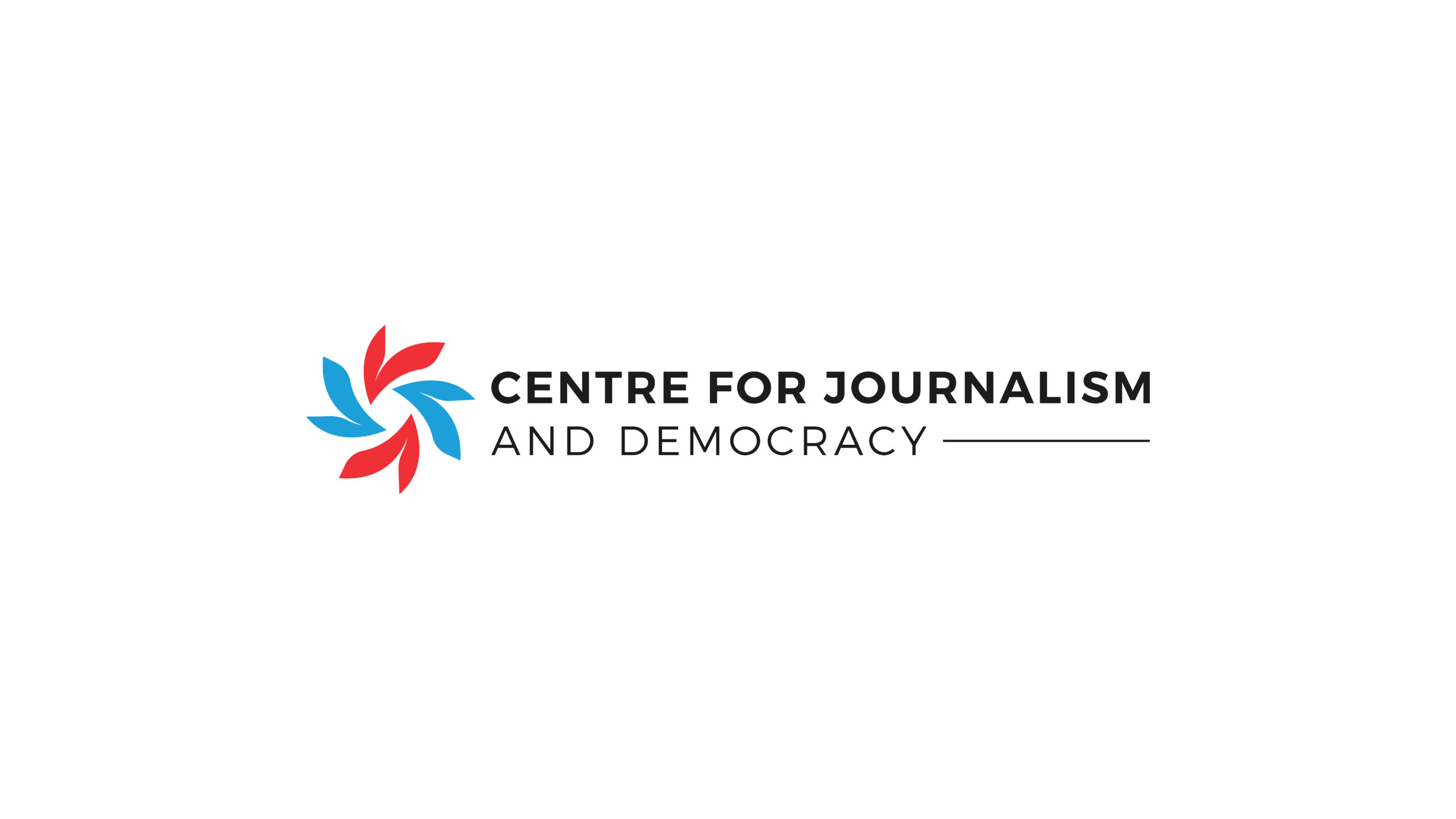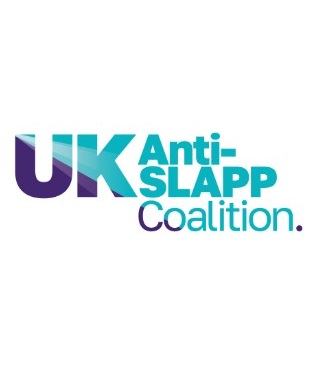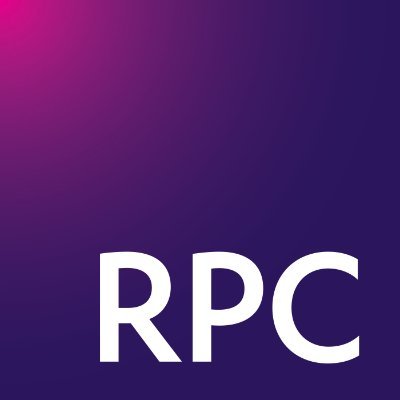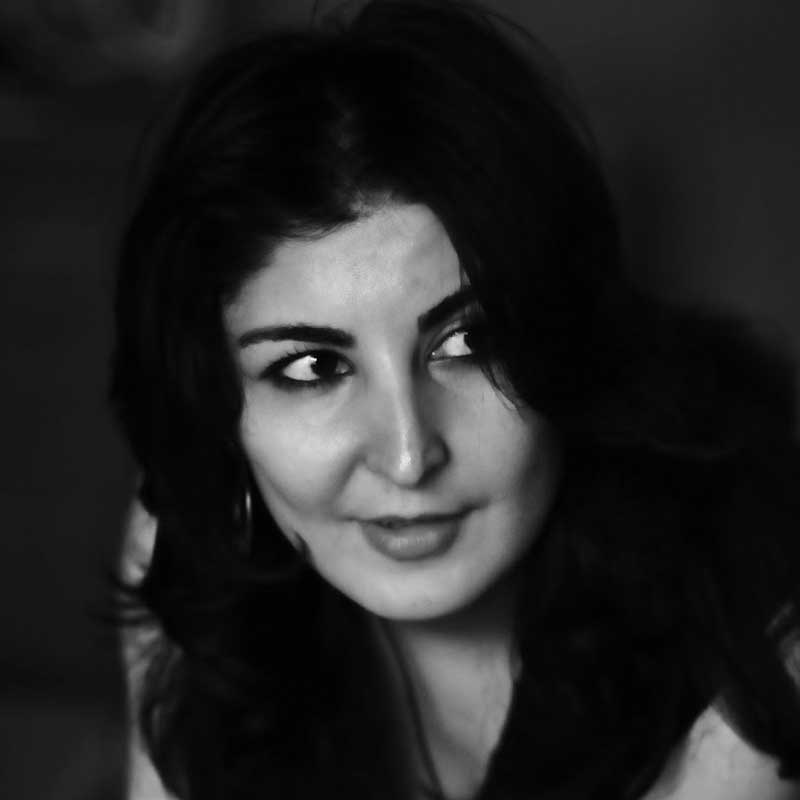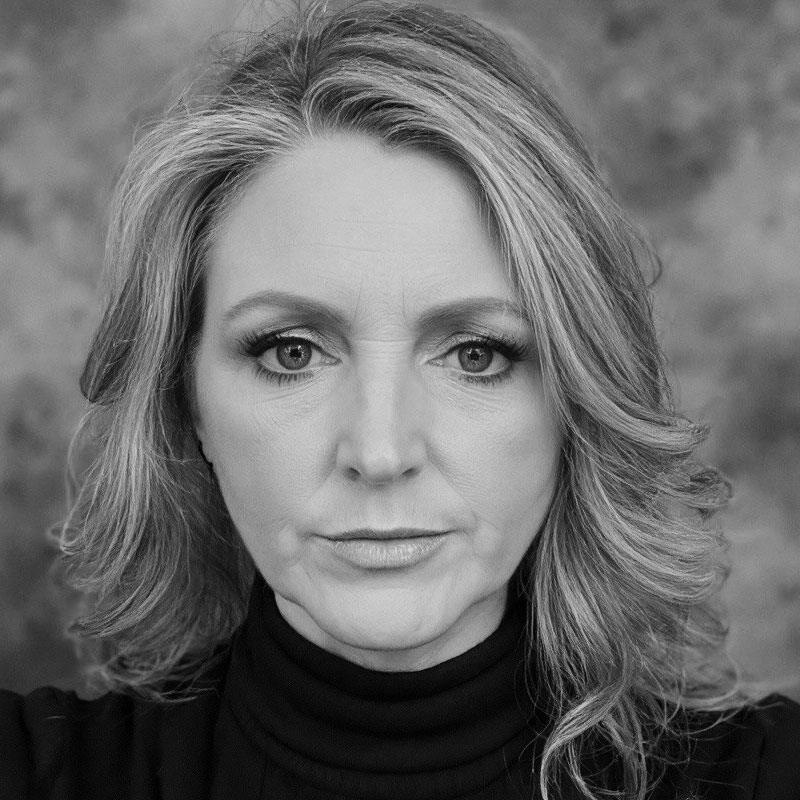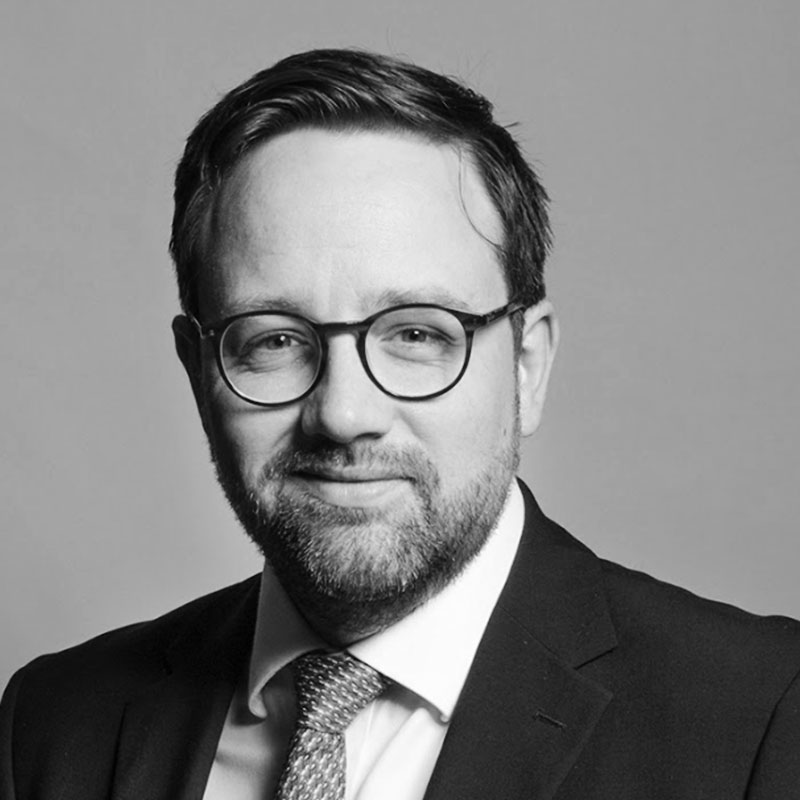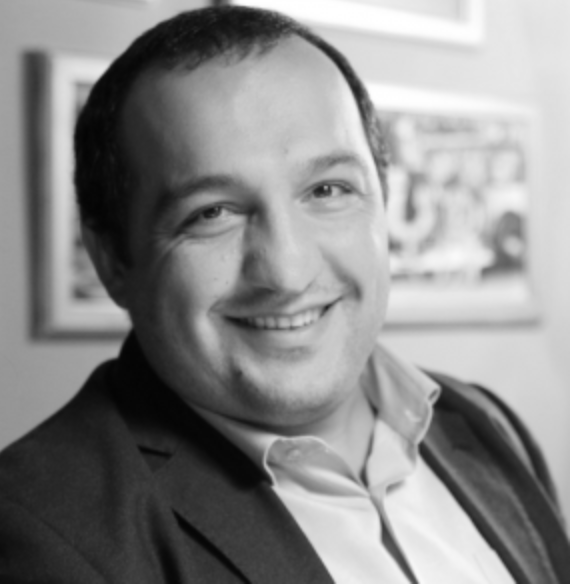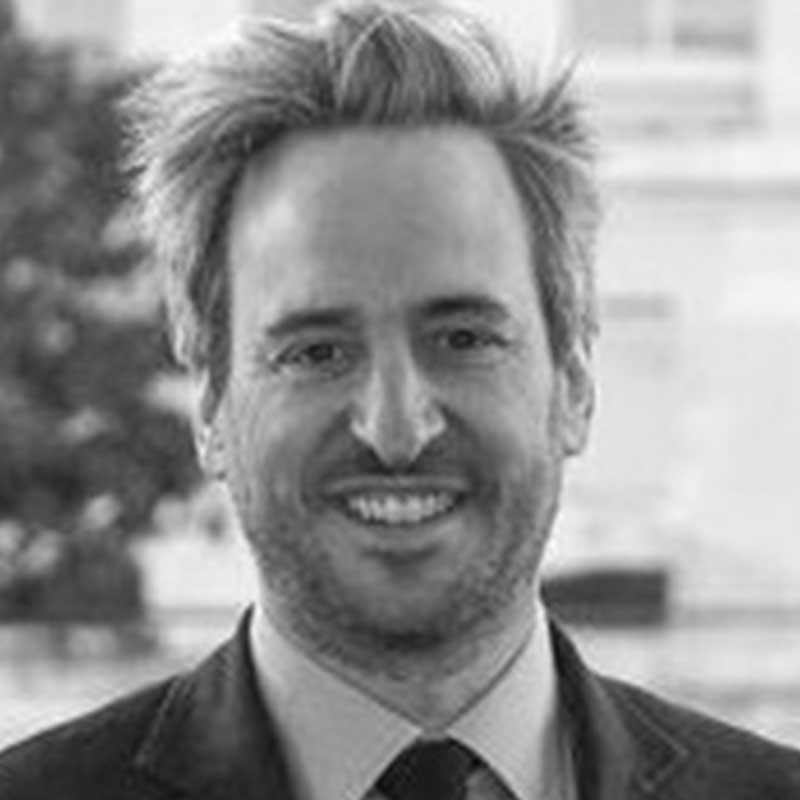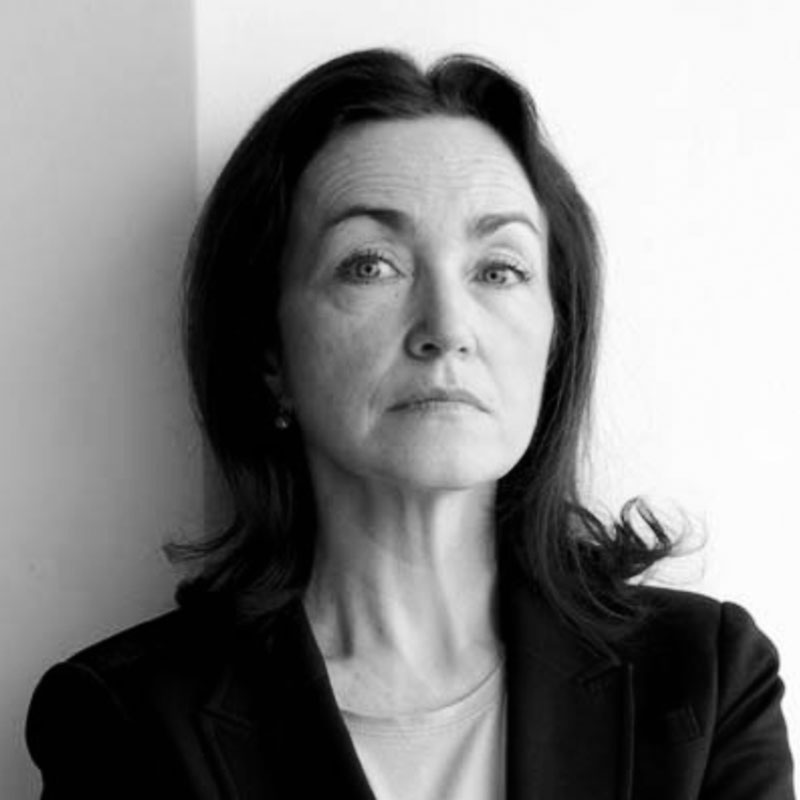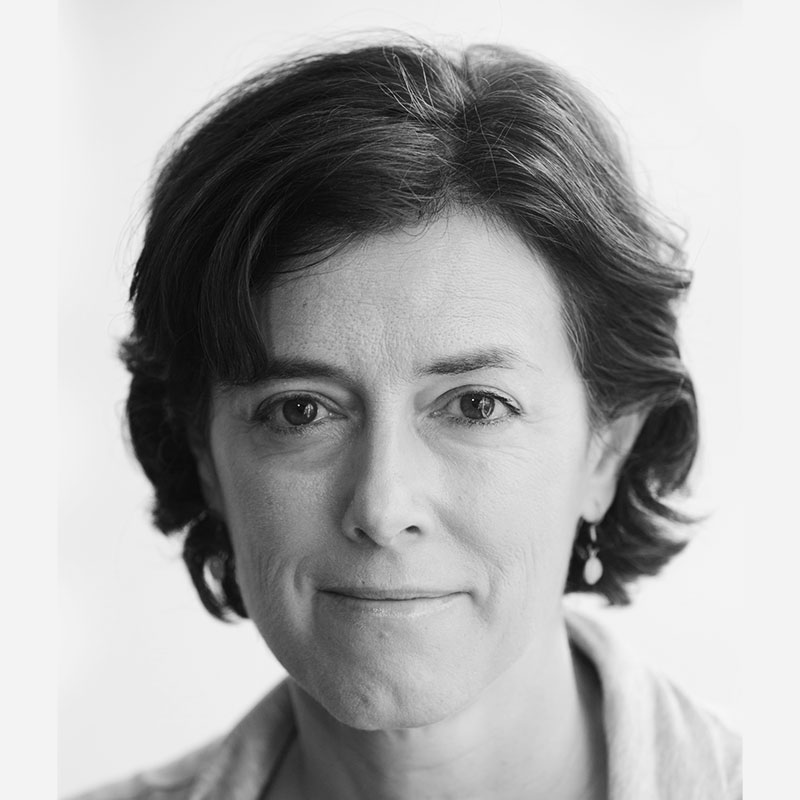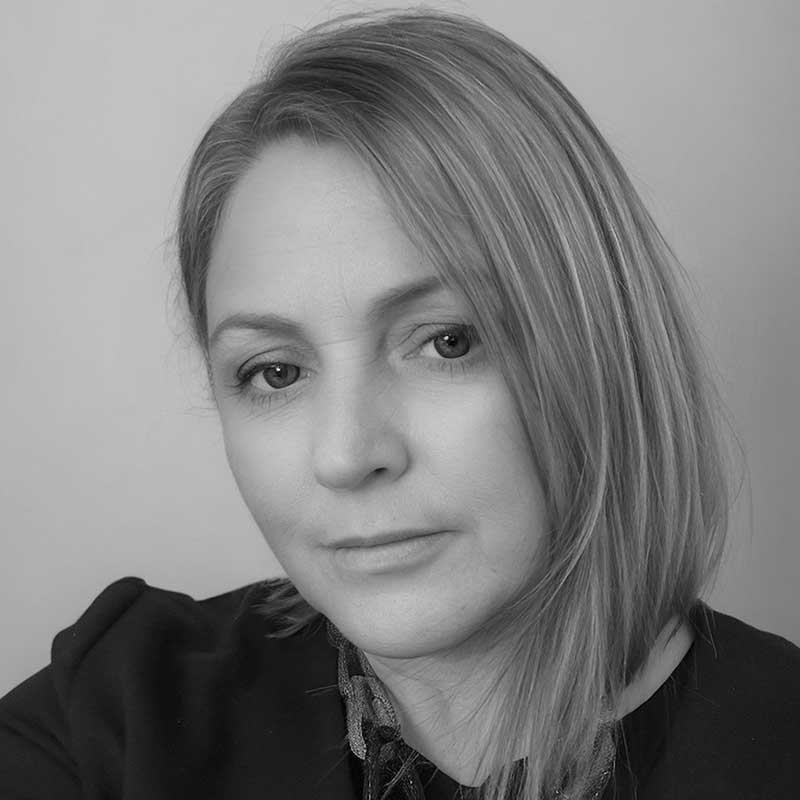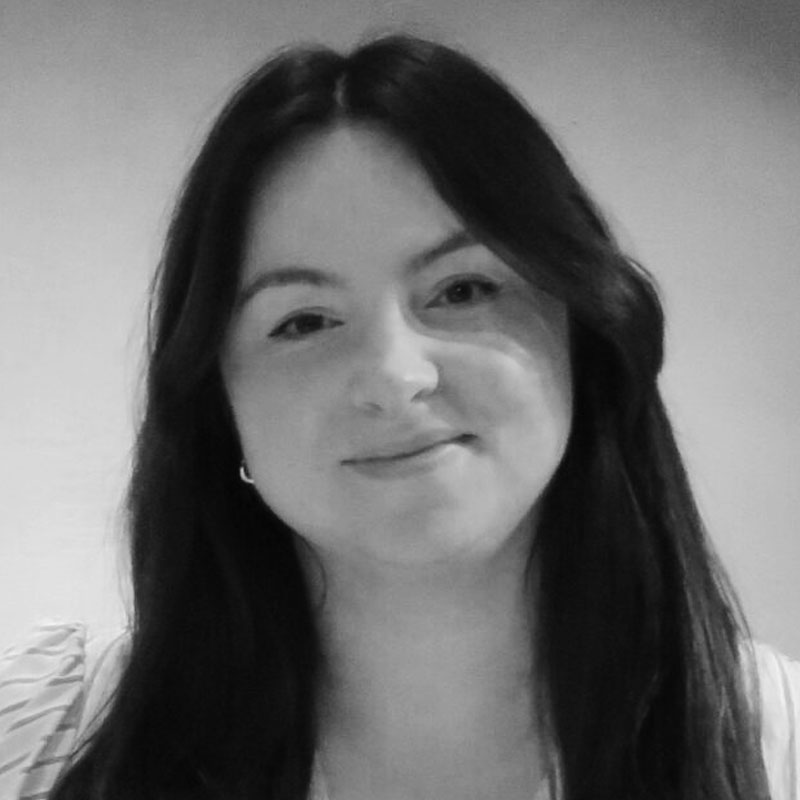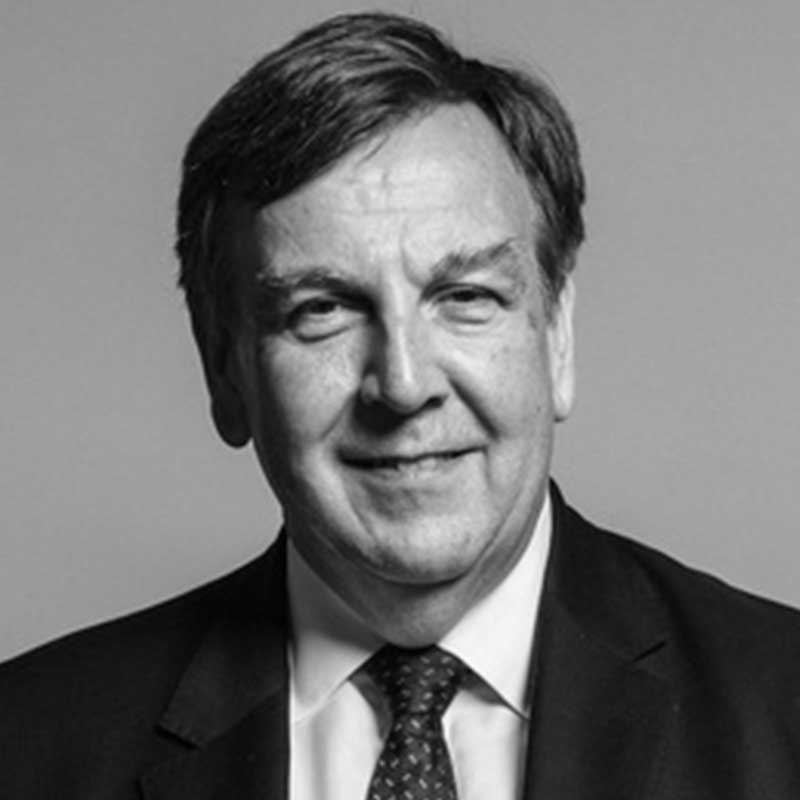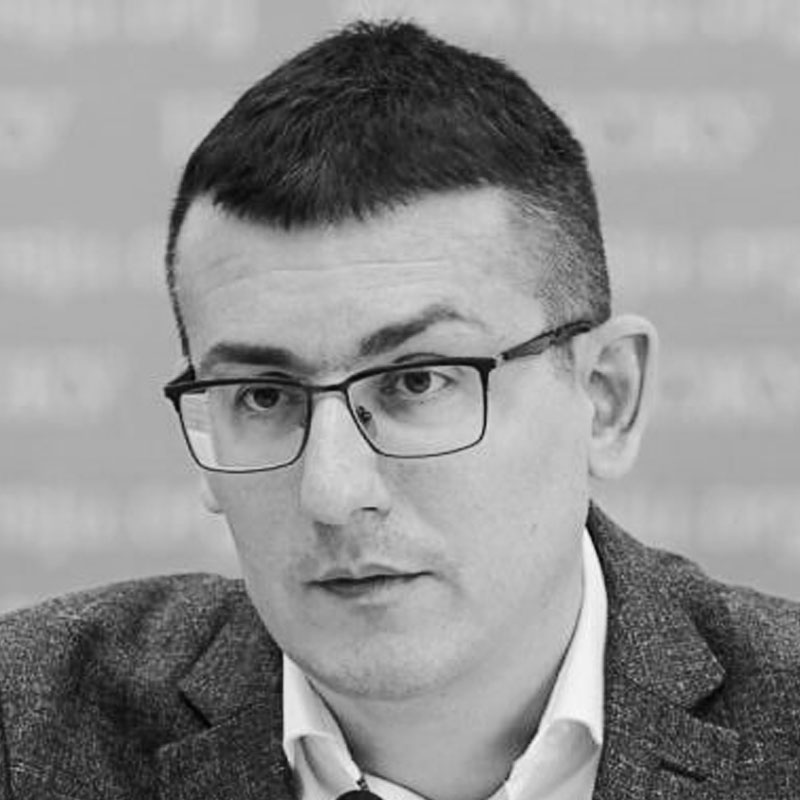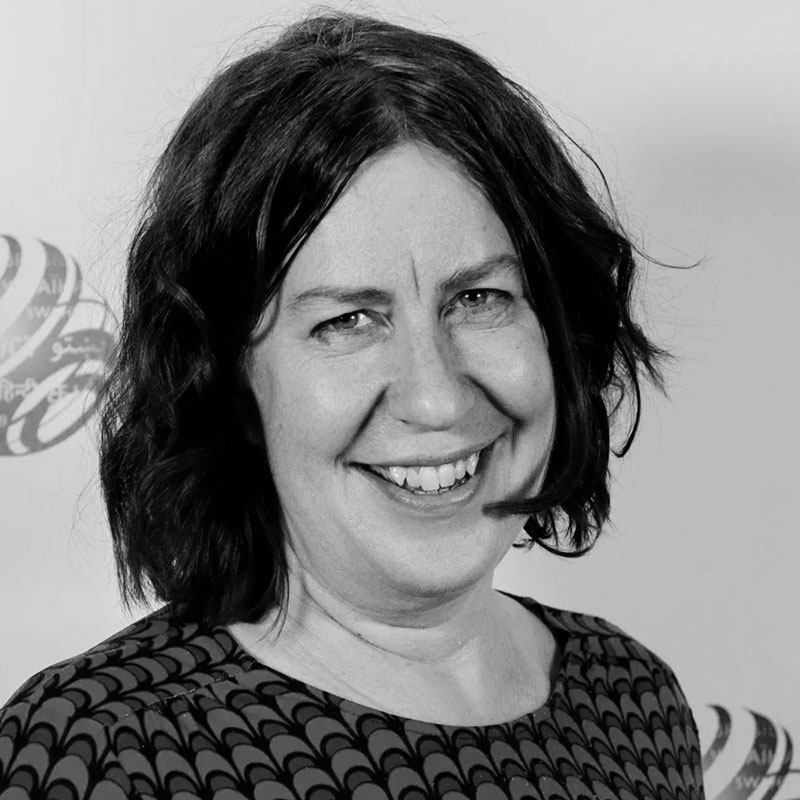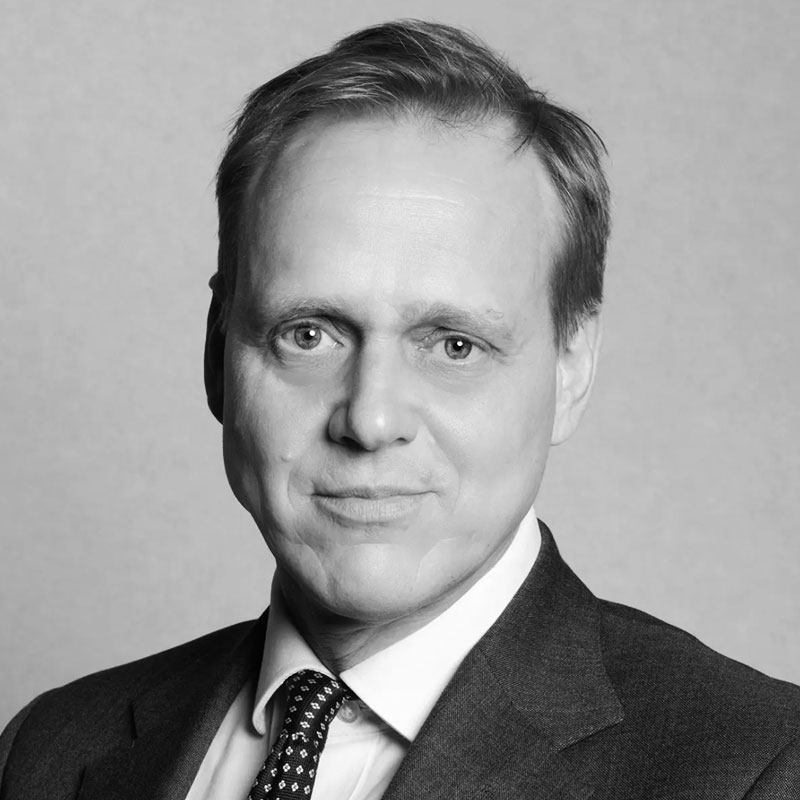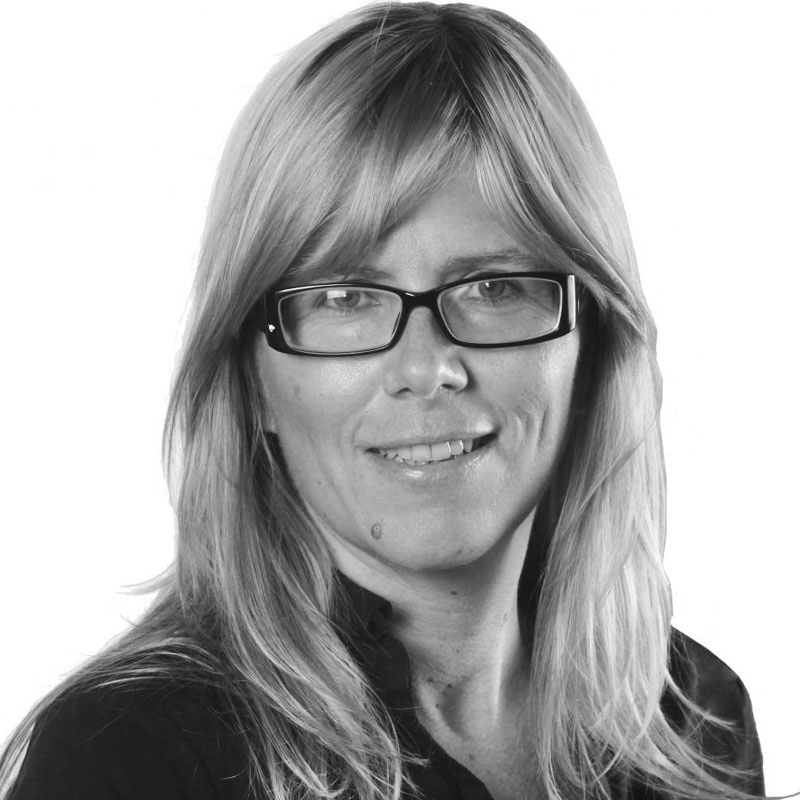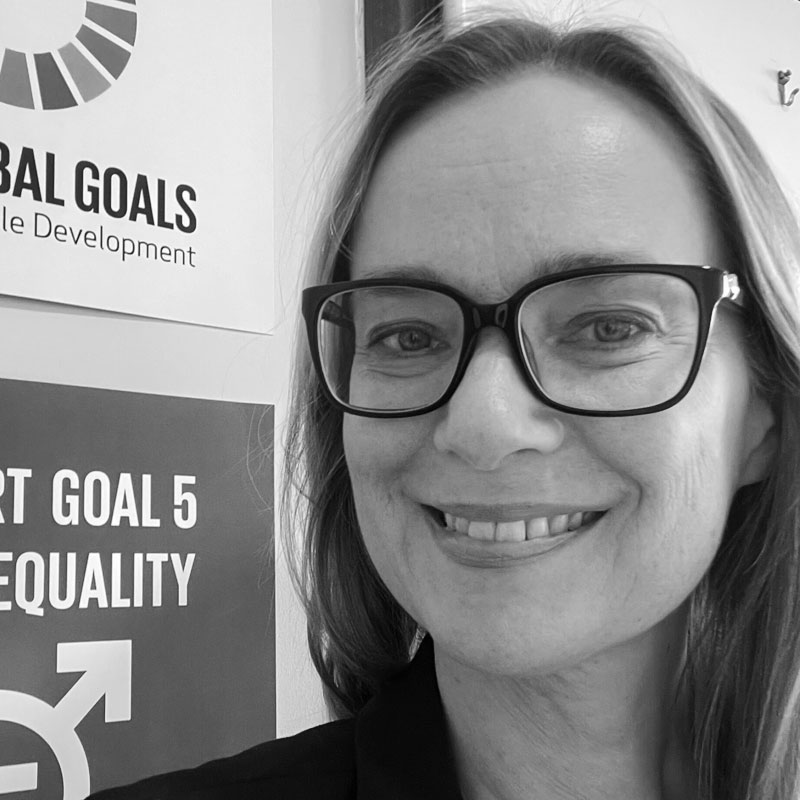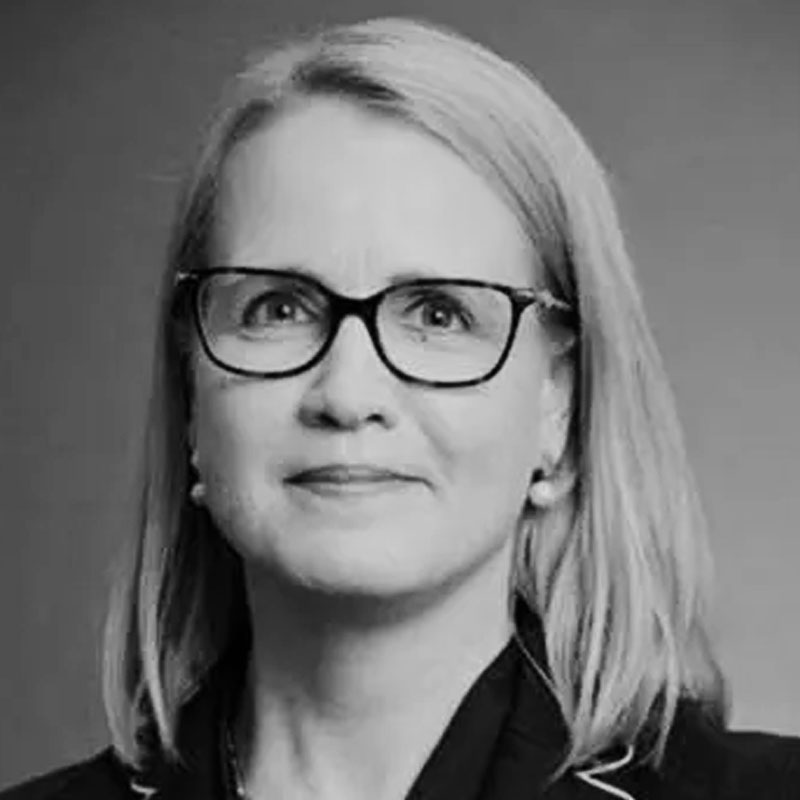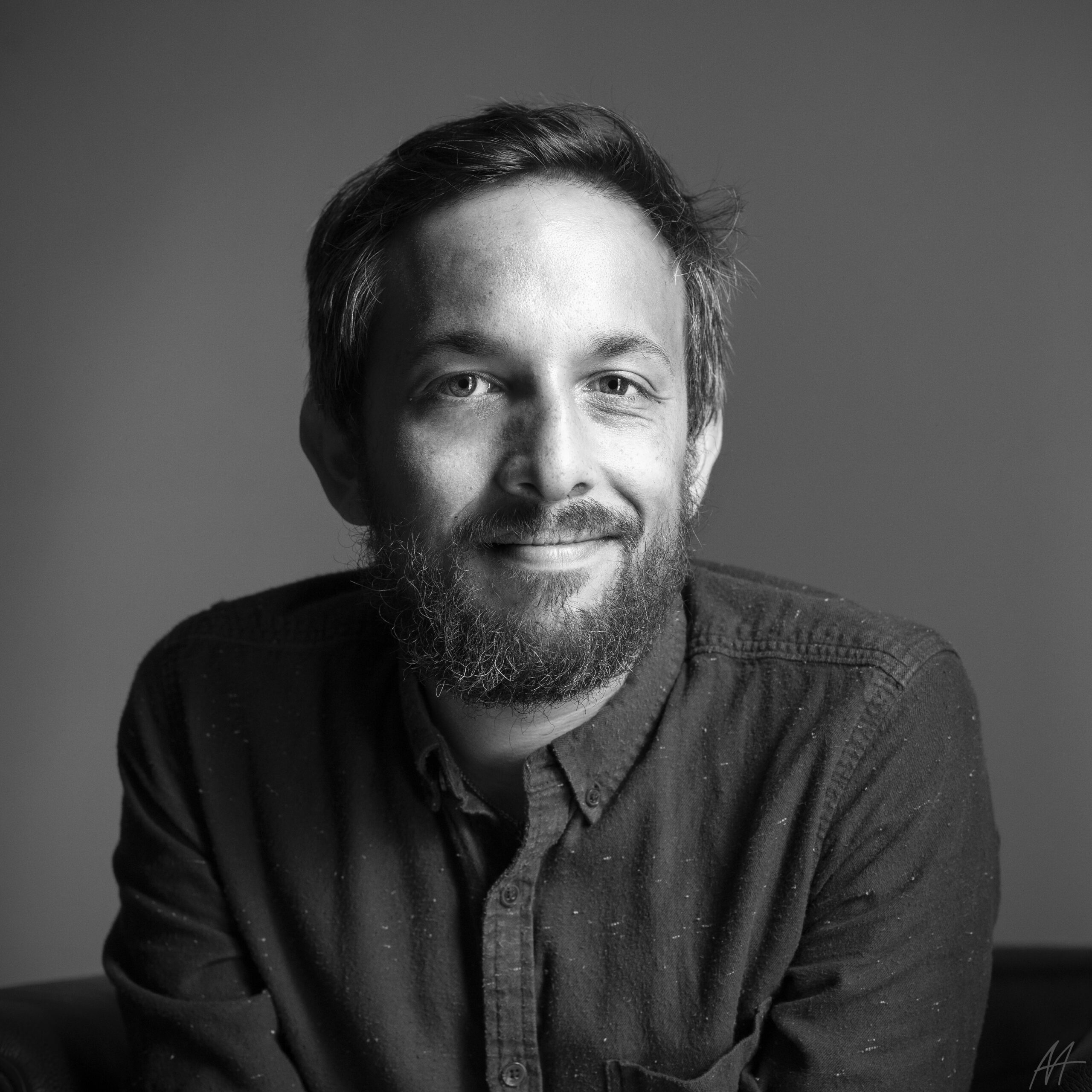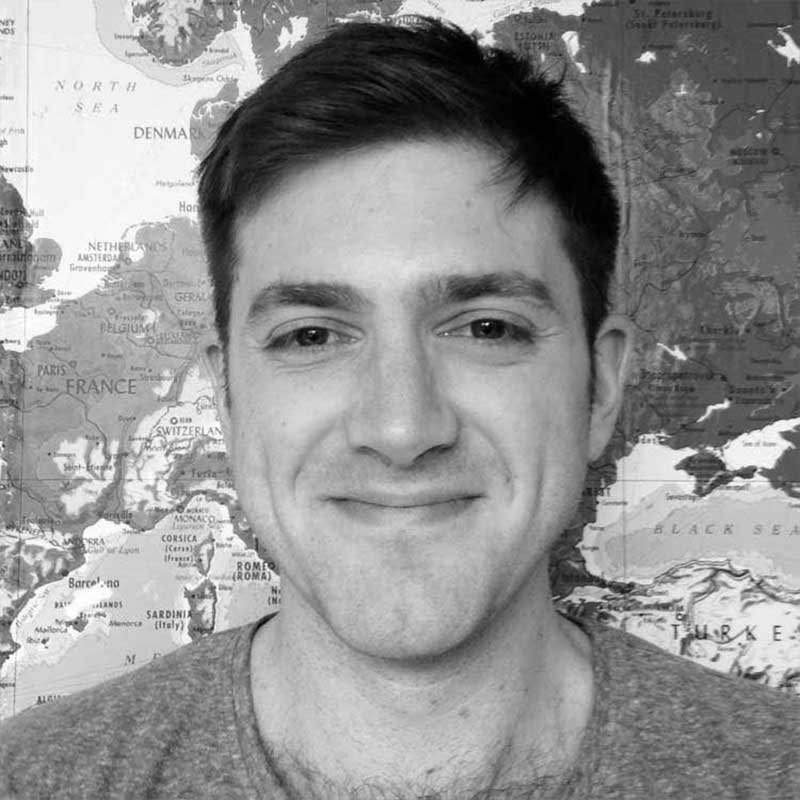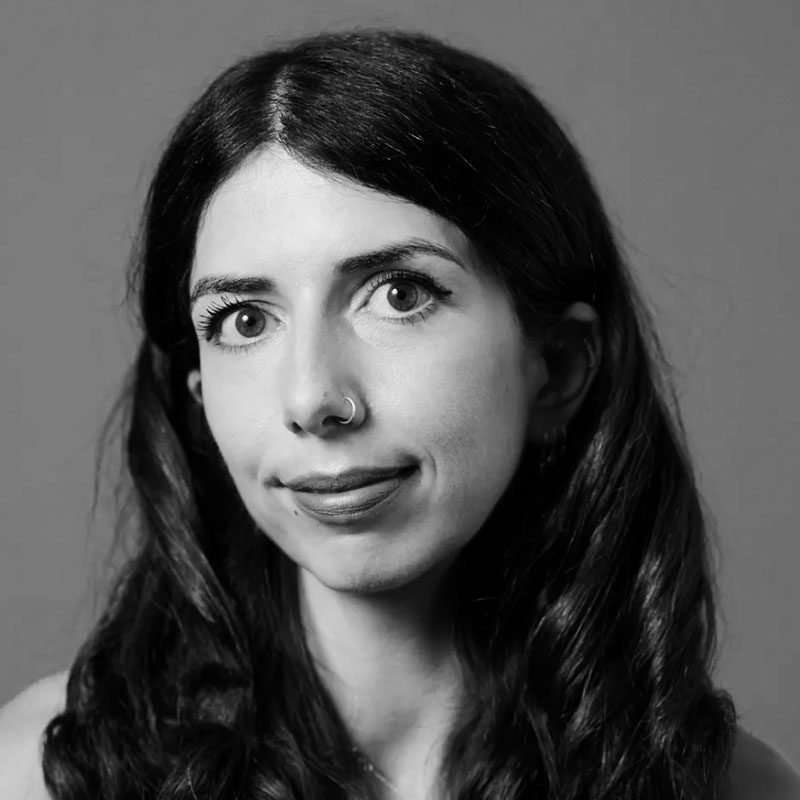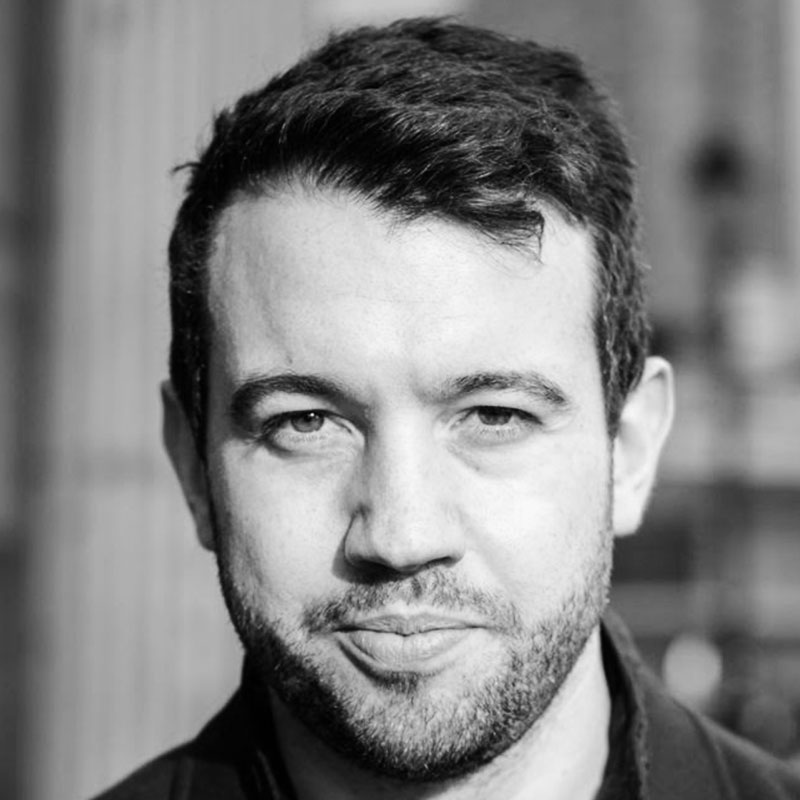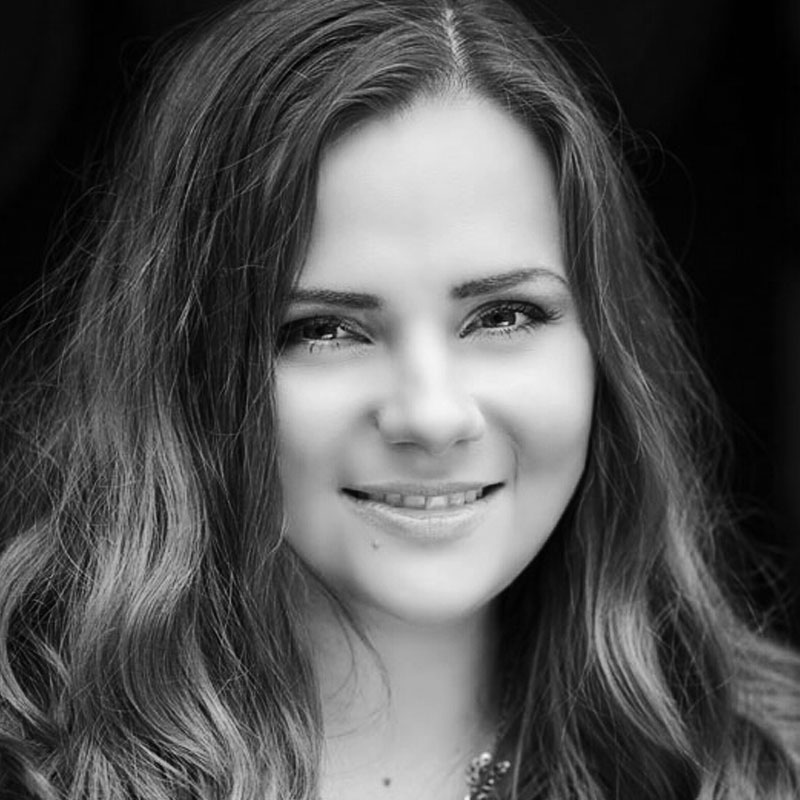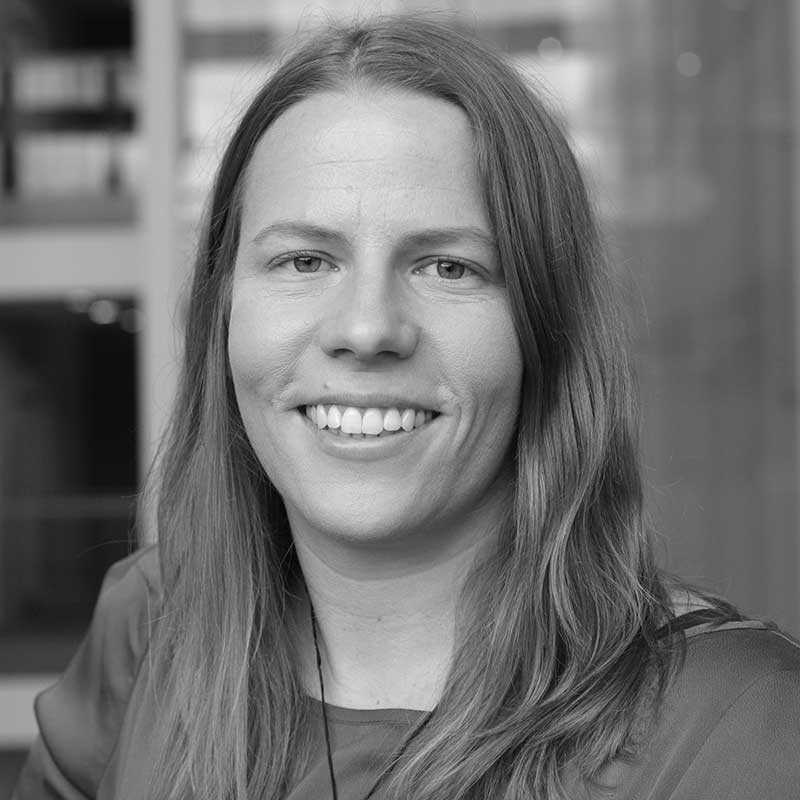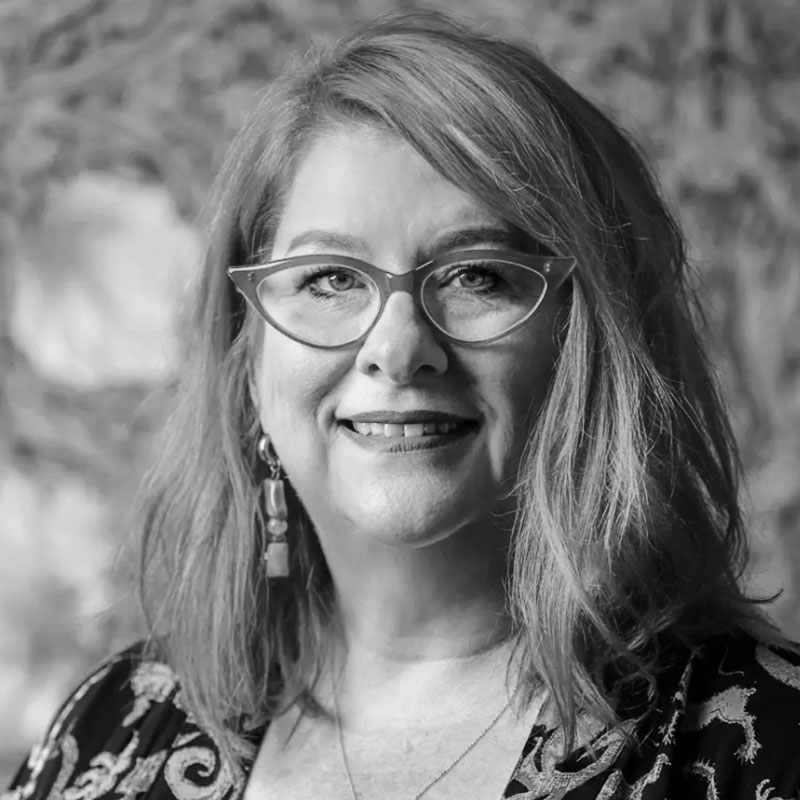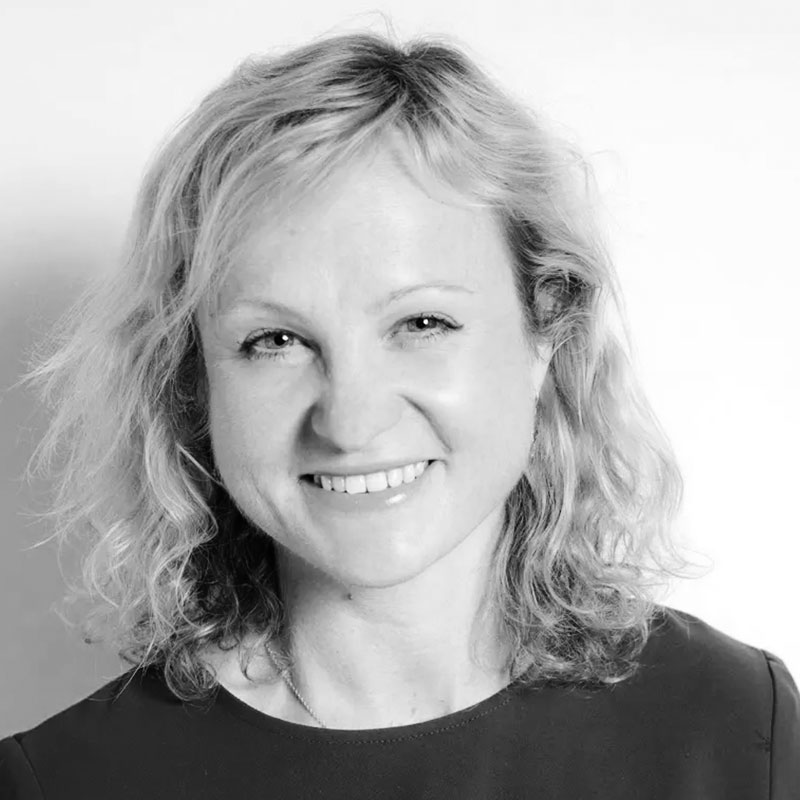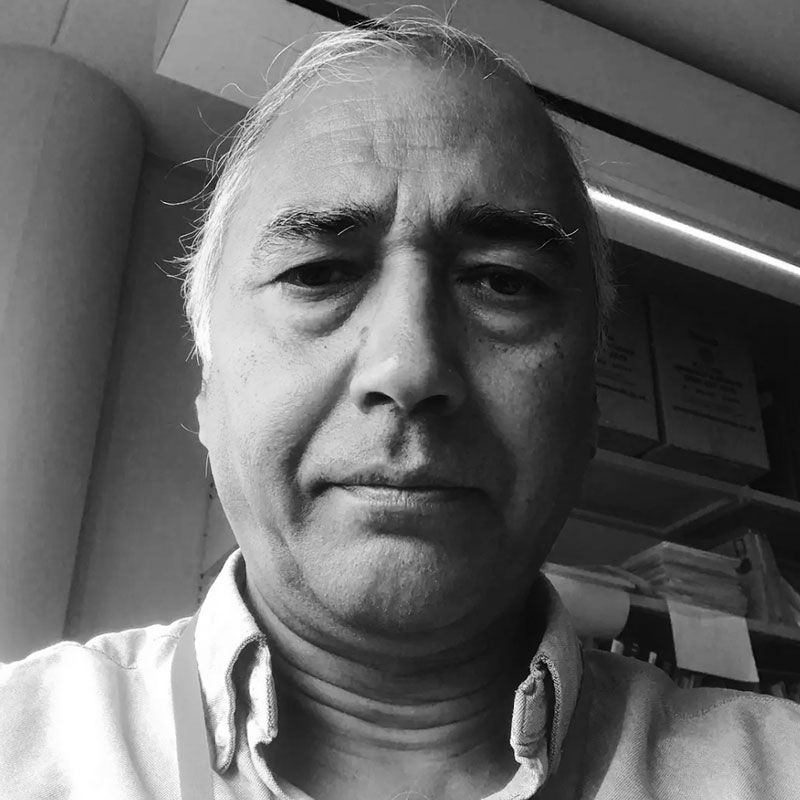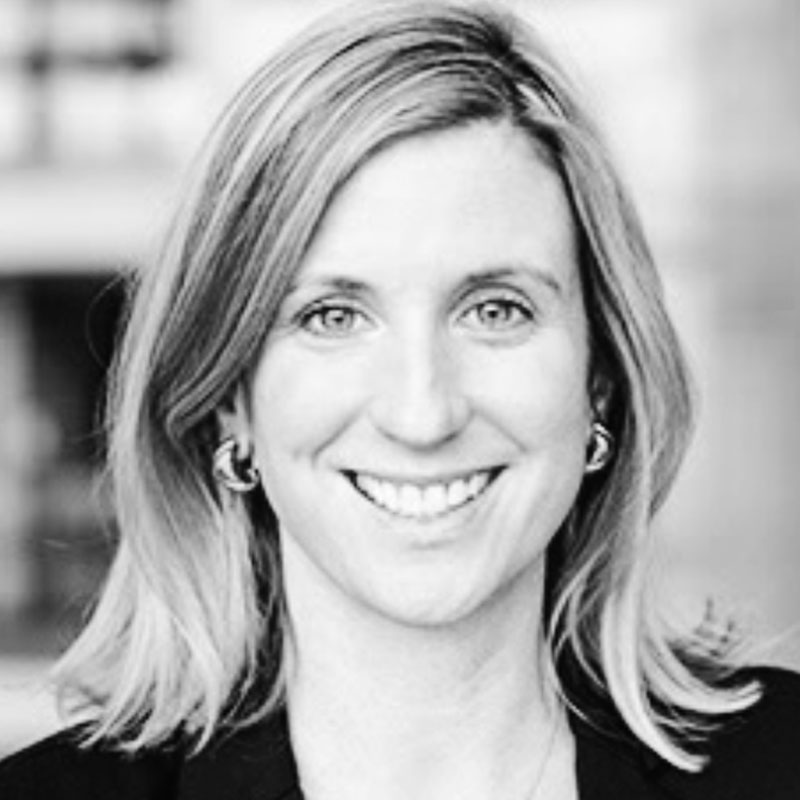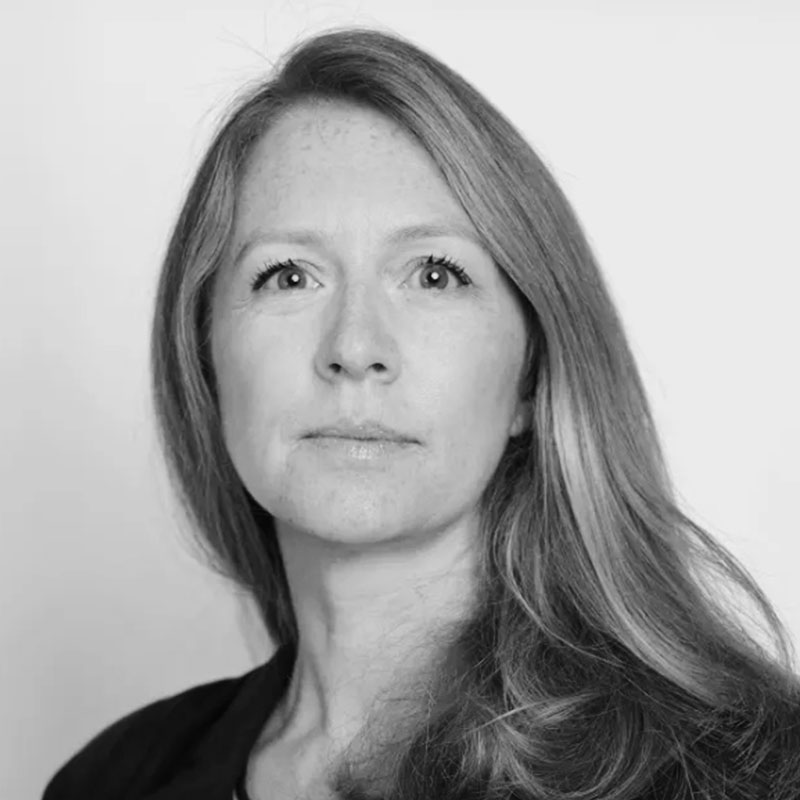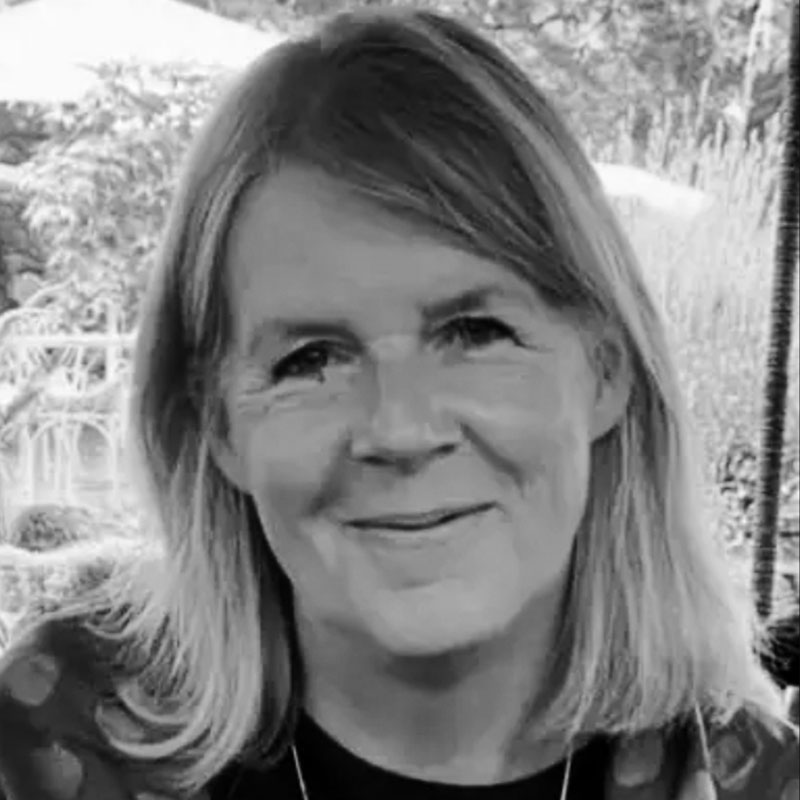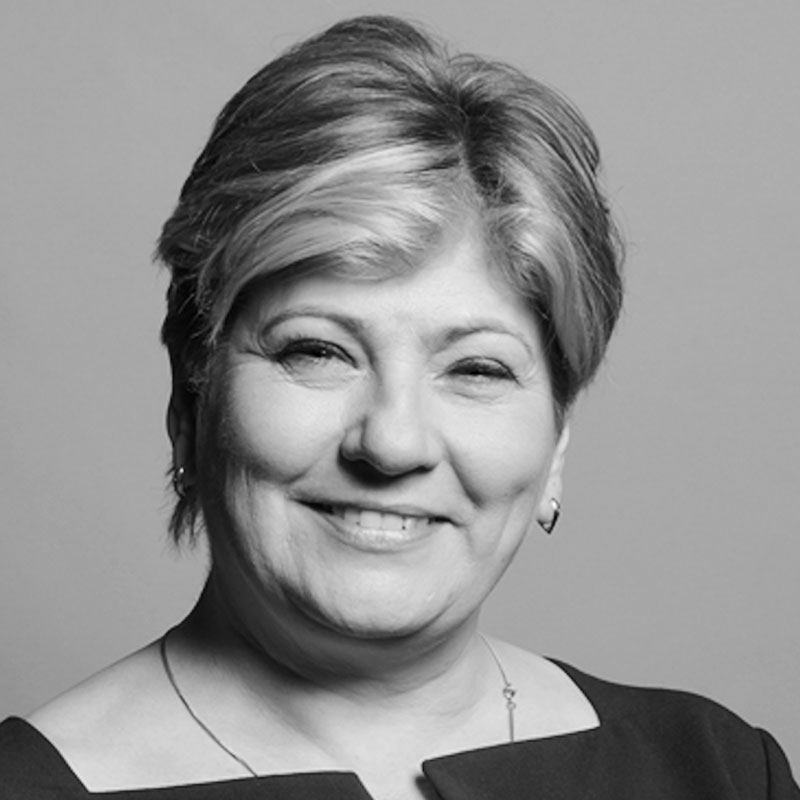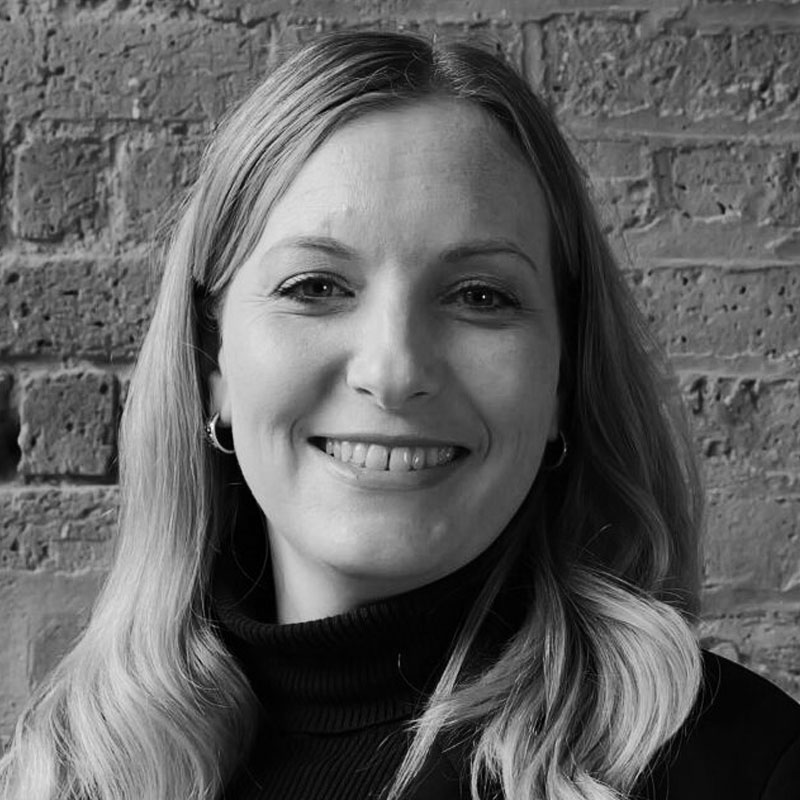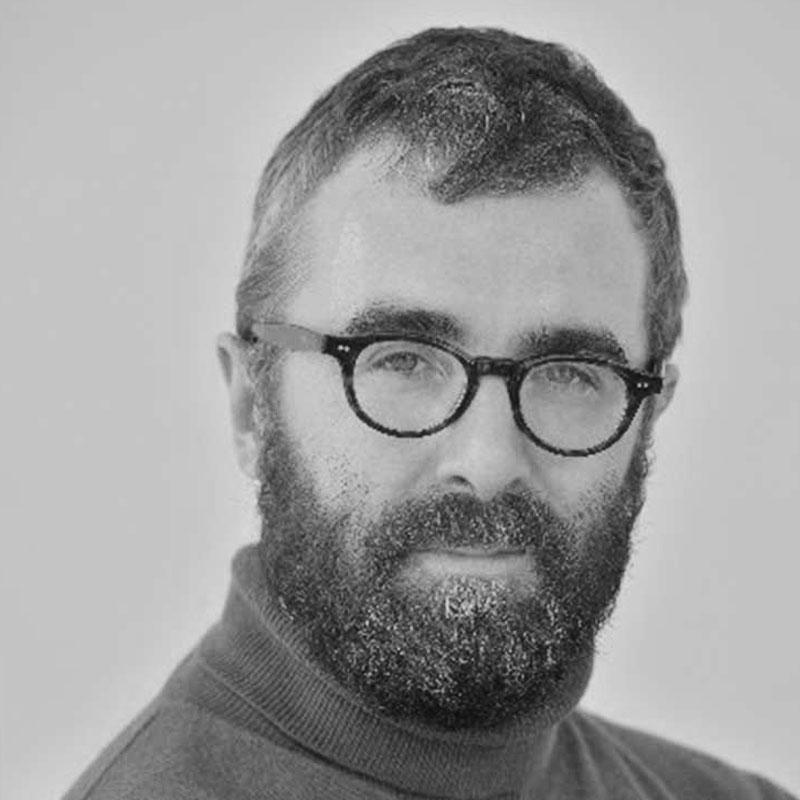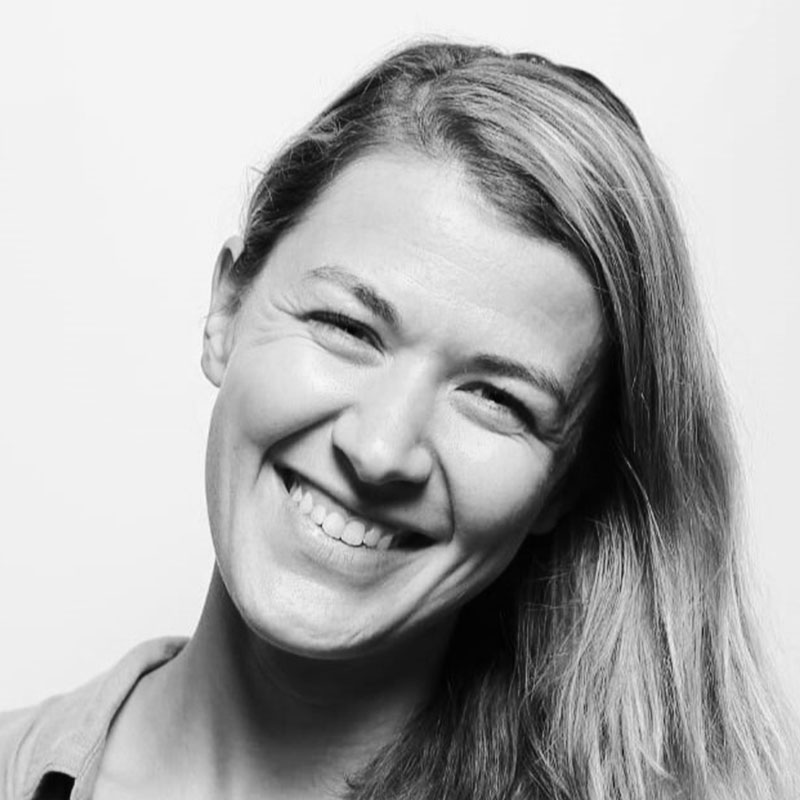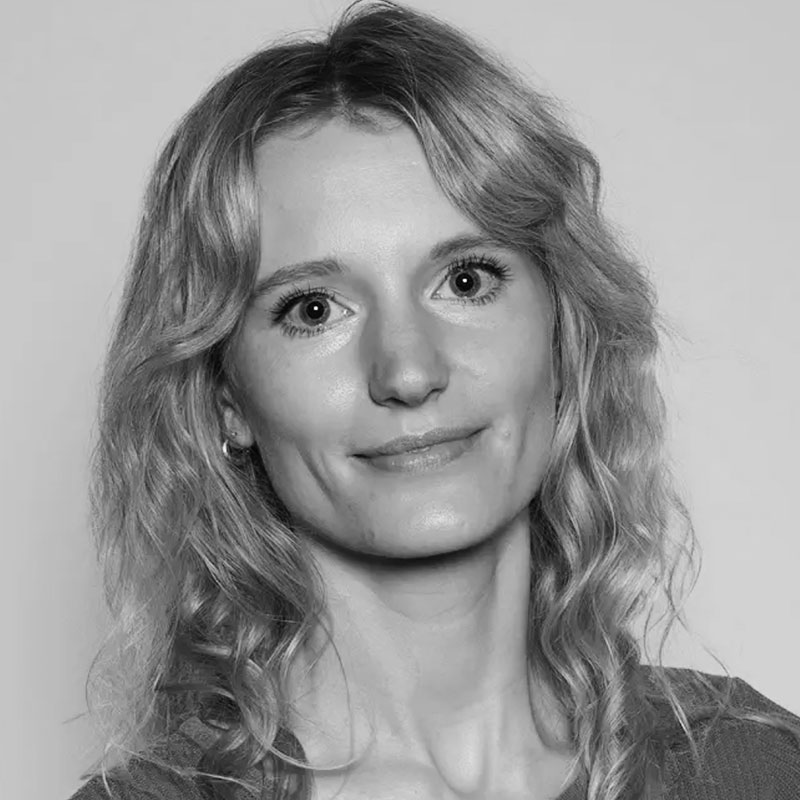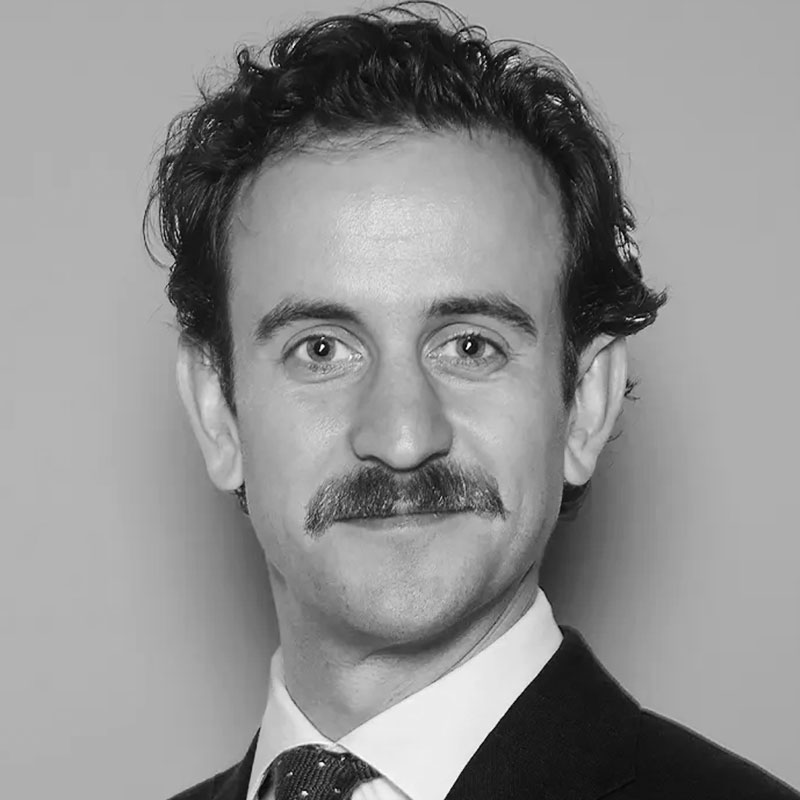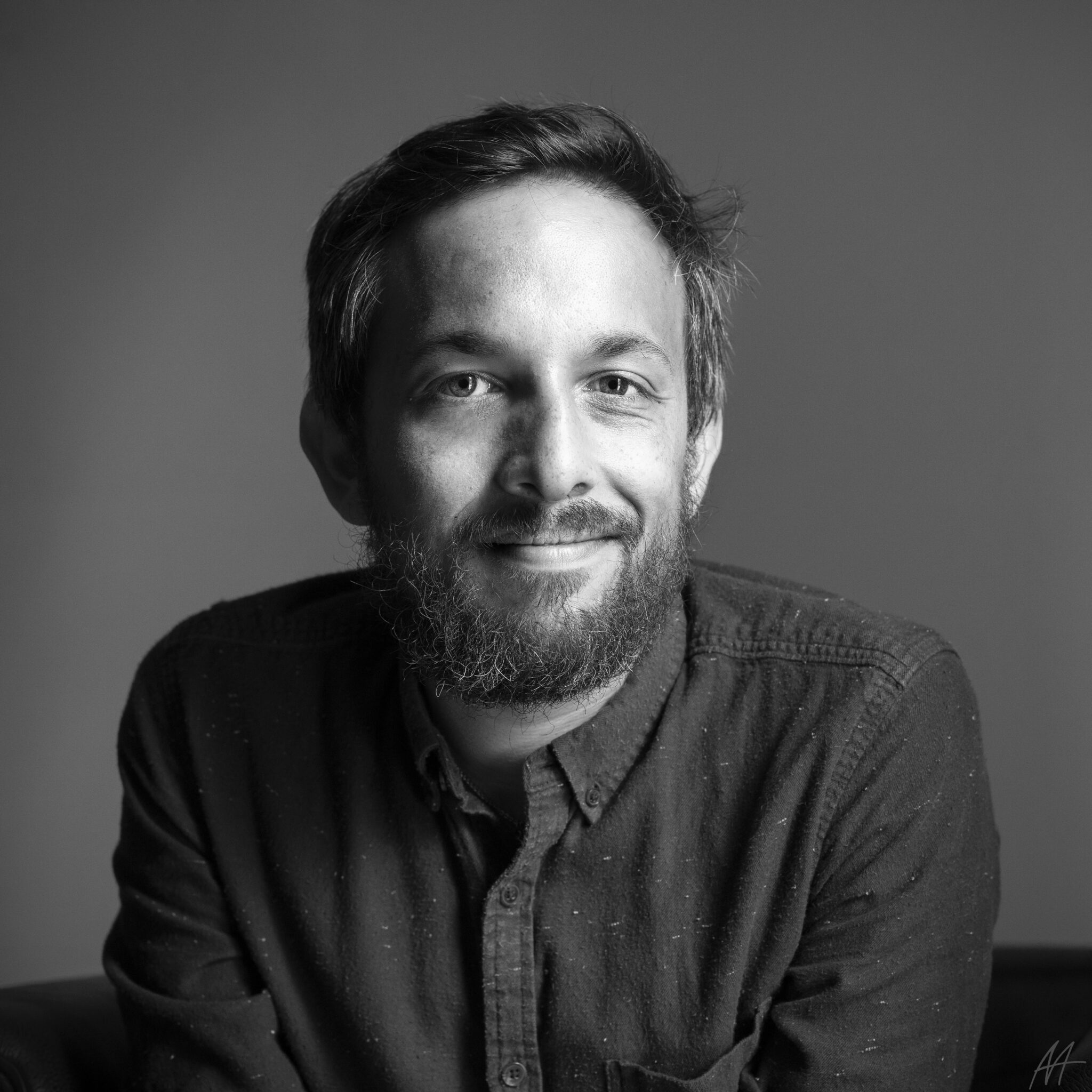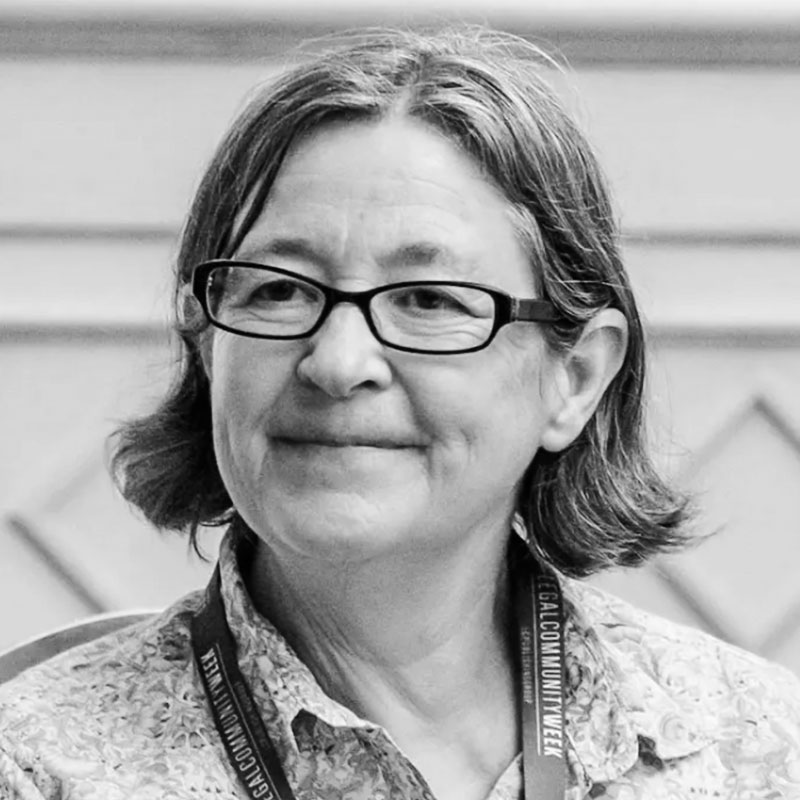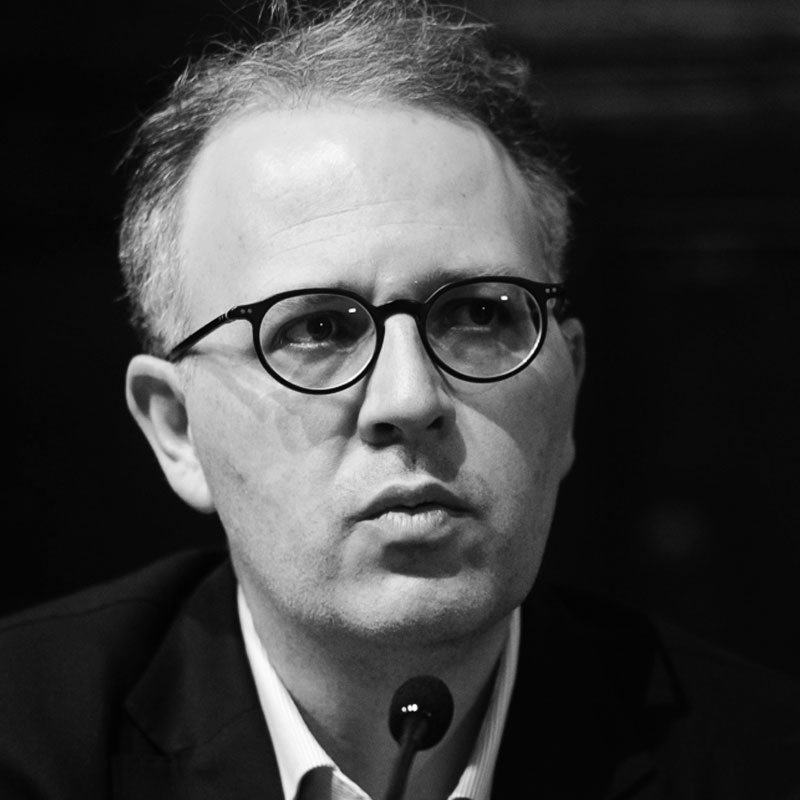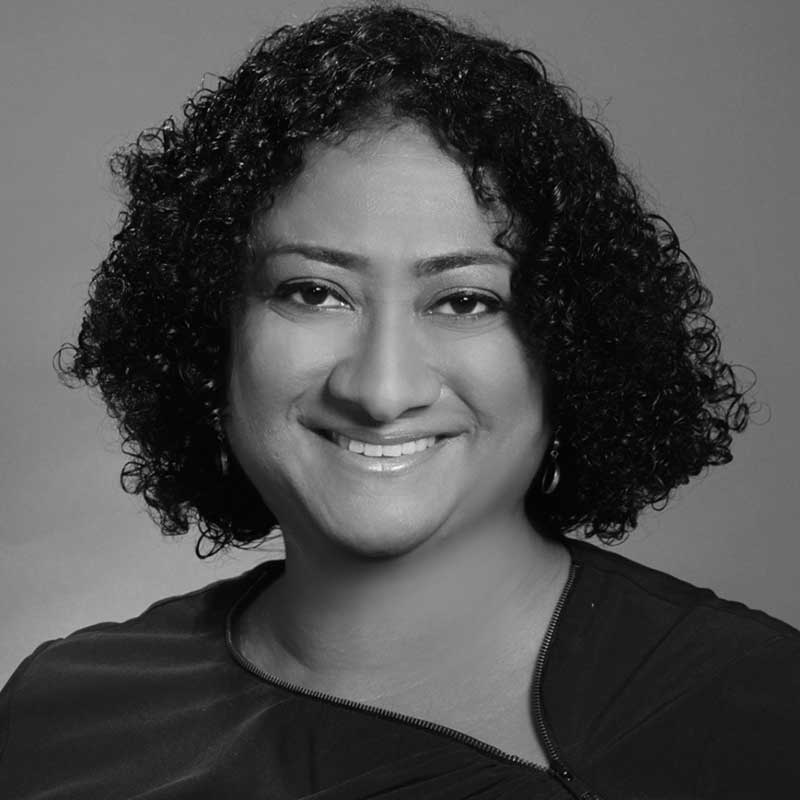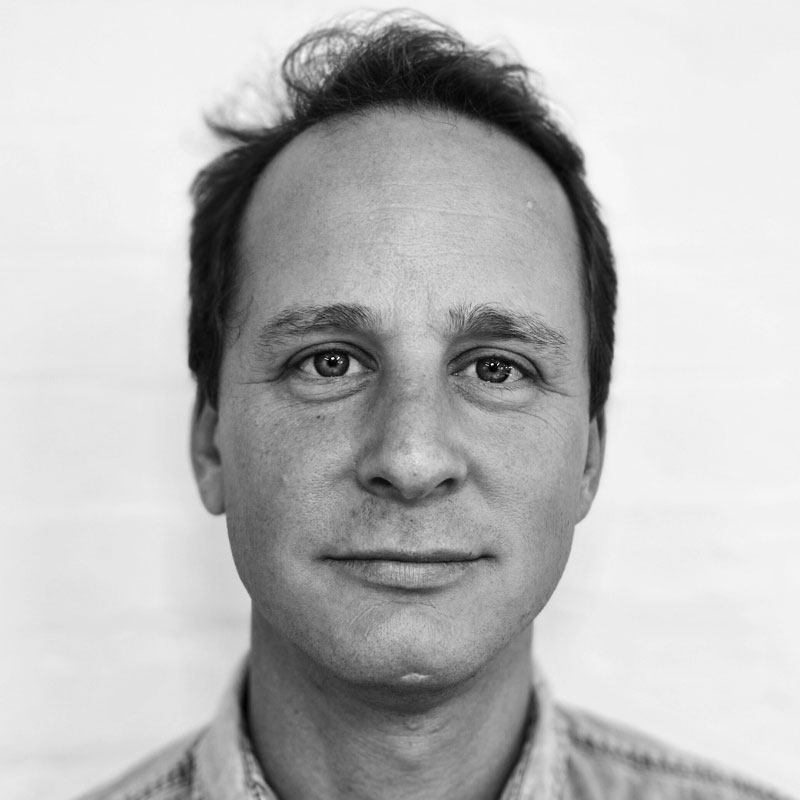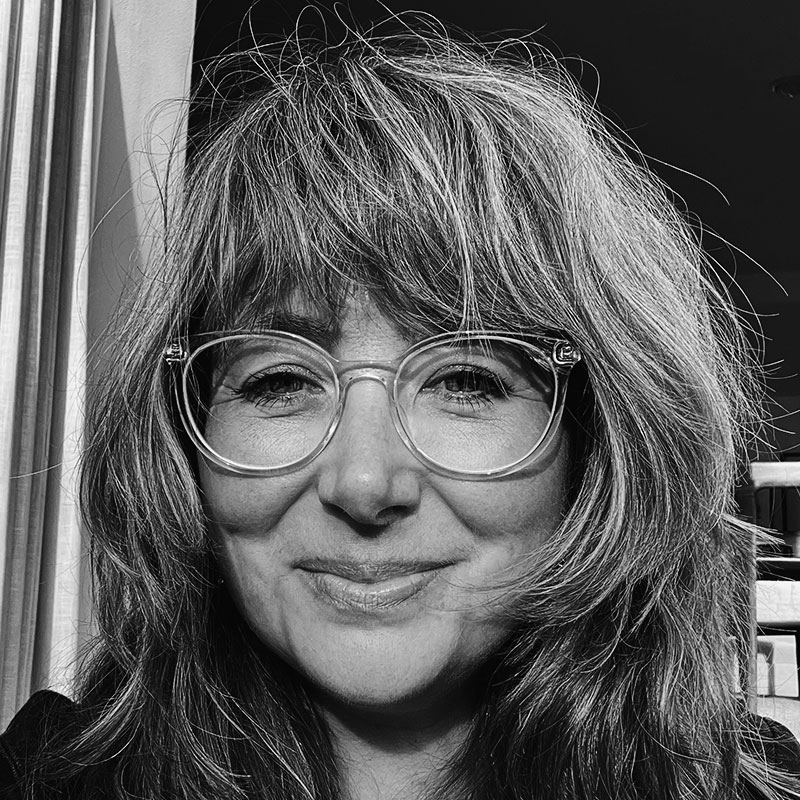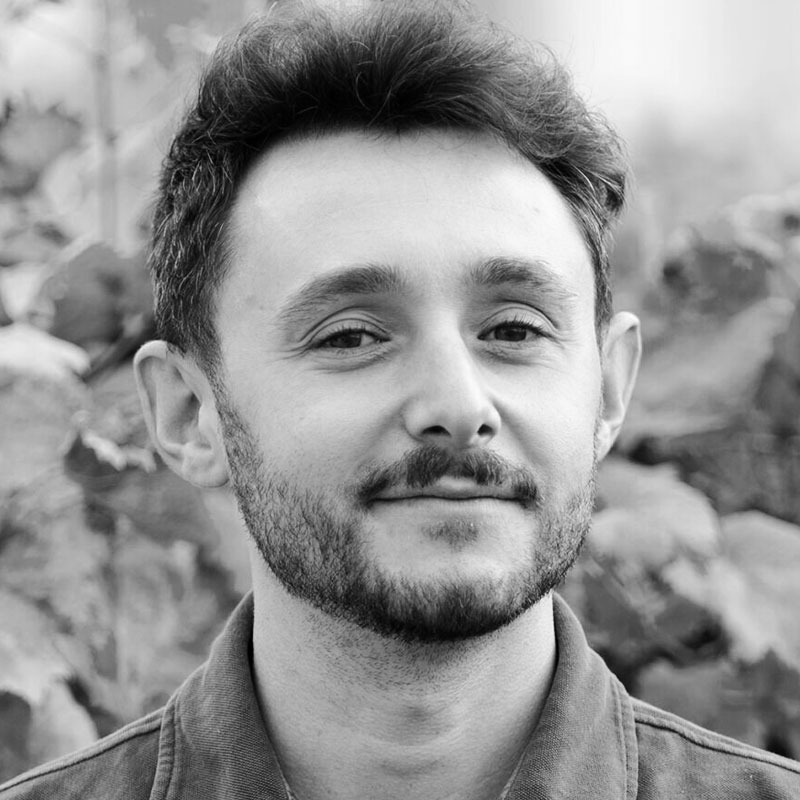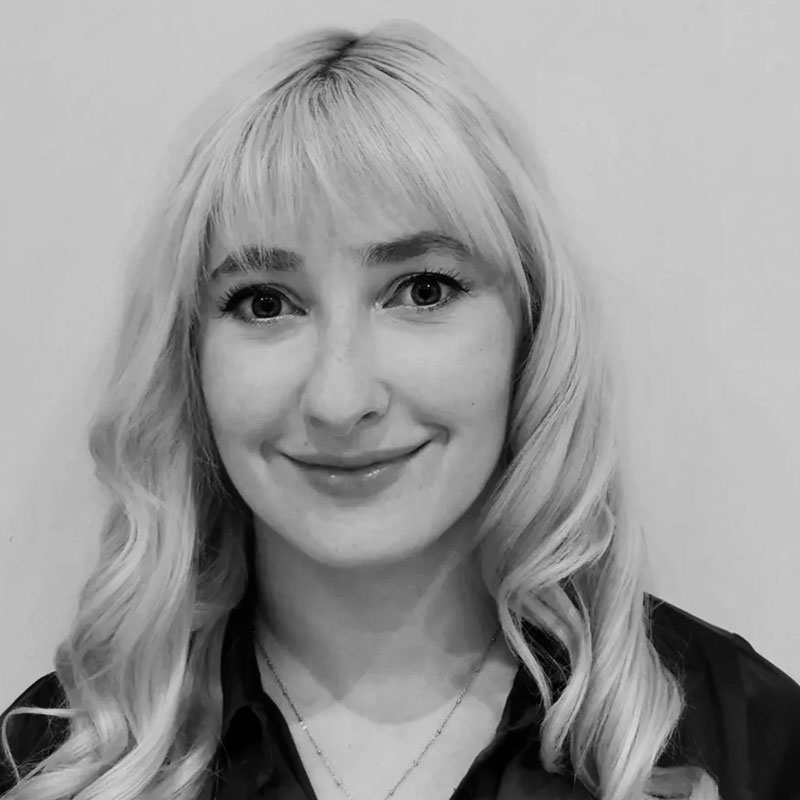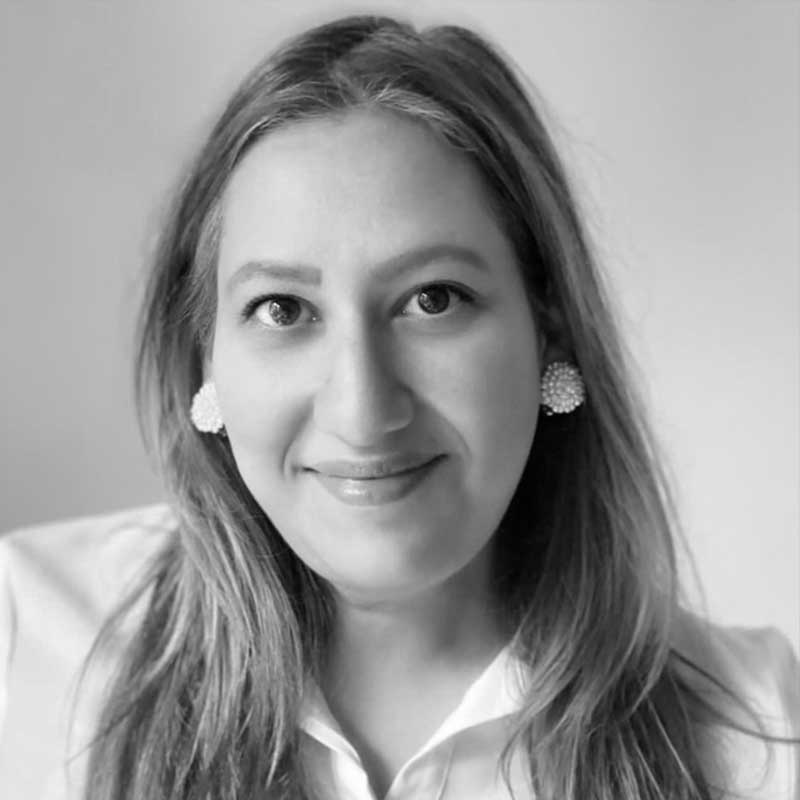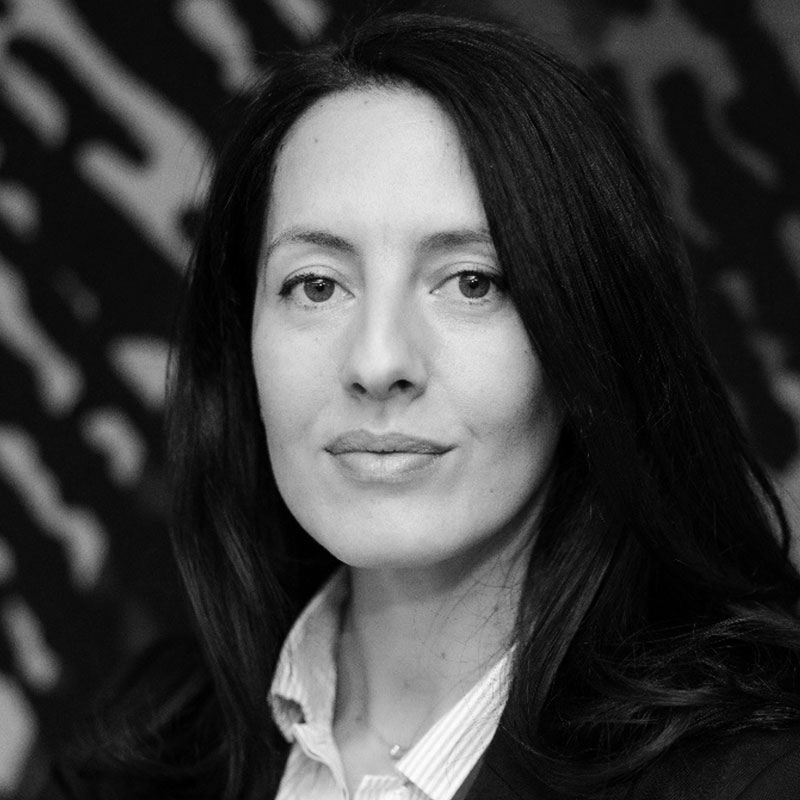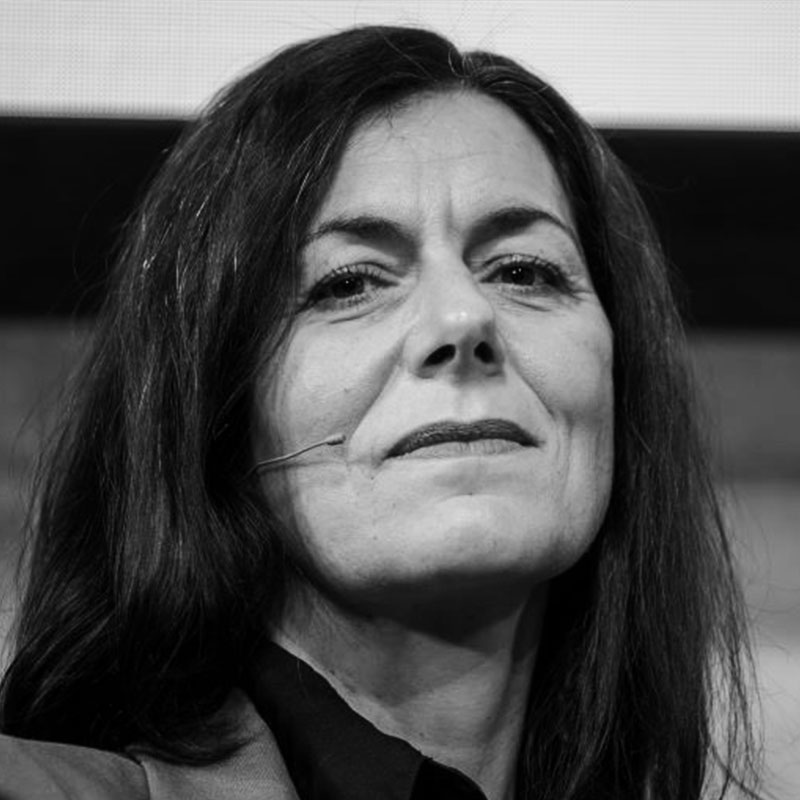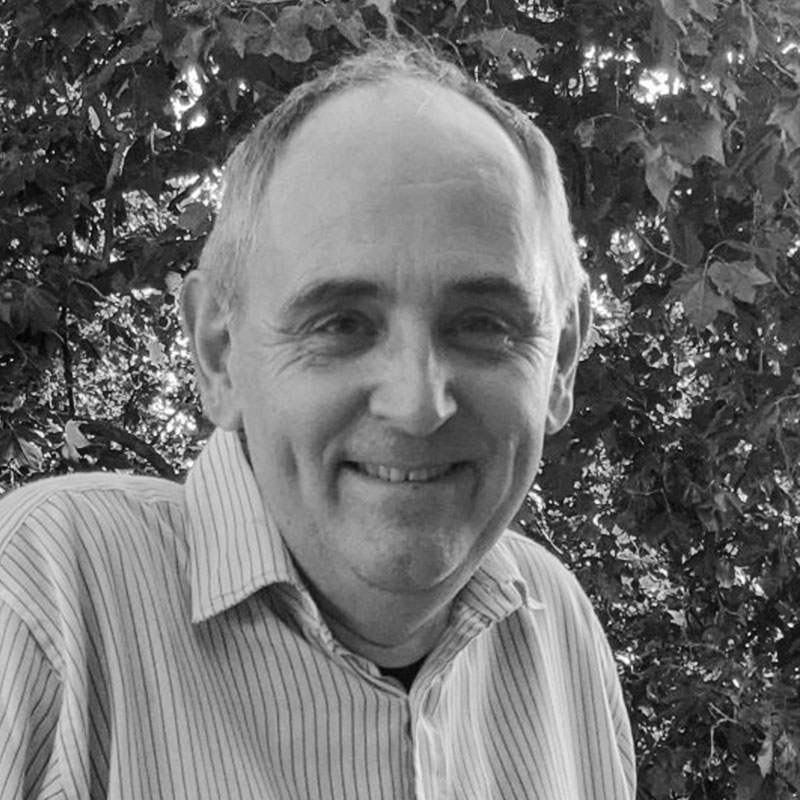
ABOUT THE EVENT
The Foreign Policy Centre (FPC), the Justice for Journalists Foundation (JFJ) and the International Bar Association’s Human Rights Institute (IBAHRI) are pleased to announce the second UK Media Freedom Forum will take place on Thursday 05 and Friday 06 March 2026, in partnership with City St George’s, University of London.
Today, media freedom faces an ever complex range of challenges, with an interconnectivity between the domestic and global environment. Although the last United Kingdom (UK) government positioned itself as a global leader on media freedom, and made it a foreign policy priority, a gap appeared between stated commitments and delivery.
This two-day Forum will explore a number of themes impacting media freedom around the world, including the use of lawfare and strategic lawsuits against public participation (SLAPPs), transnational repression, misinformation and disinformation, and media literacy.
Through utilising both a local and international lens, the conference will also allow for an assessment of the effectiveness of the UK as well as other States’ involvement with global initiatives, including the 51-State Members of the MFC, and engagement at multilateral fora, such as the United Nations, OSCE and Council of Europe (CoE) when it comes to taking concrete action to defending media freedom.
Over a year into its term, the UK government continues to shape its approach to media freedom. With growing attention on the challenges of disinformation and foreign interference, organisers believe that by bringing together key representatives of civil society and policy makers, the Forum will not only provide space to evaluate the extent of existing and emerging problems, but also act as a vehicle through which possible solutions could be identified and discussed directly with law and policy makers in the run up to the May local elections in the UK and the anticipated King’s Speech in Parliament.
If you have any questions or queries about the Forum, please contact: [email protected].
REGISTRATION
In person attendance
- Day One (Thursday 5 March): https://cityunilondon.eu.qualtrics.com/jfe/form/SV_0TfWM7FGy930Dmm
- Day Two (Friday 6 March): https://cityunilondon.eu.qualtrics.com/jfe/form/SV_42PddlSGlWGveYK
Online attendance
- Day One (Thursday 5 March):https://city-ac-uk.zoom.us/webinar/register/WN_zeNP7do8QTeO-JuziZgemQ
- Day Two (Friday 6 March): https://city-ac-uk.zoom.us/webinar/register/WN_jLau7xeWQkWTtJ8tNhgYdw
ORGANISERS
The Foreign Policy Centre (FPC) is an independent, non-partisan international affairs think tank based in the UK. FPC’s mission is to inform both the British and global debate, seeking sustainable solutions for the world’s most pressing challenges.
FPC takes a global perspective, informed by the values of democracy, human rights, good governance and conflict resolution. Media freedom is a core theme for FPC, particularly through the work conducted as part of its Unsafe for Scrutiny project, which examines issues at the nexus of safety of journalists and anti-corruption. Notably, FPC published the 2022 landmark report ‘London Calling’: The issue of legal intimidation and SLAPPs against media emanating from the United Kingdom’, with ARTICLE 19.
The Justice for Journalists Foundation (JFJ) is a London-based charity whose mission is to fight impunity for attacks against the media. JFJ monitors attacks against media workers and funds investigations worldwide into violence and abuse against professional and citizen journalists. JFJ also organises media security training and creates educational materials to raise awareness about the dangers to media freedom and methods of protection from them.
JFJ’s activity consists of three main components:
- Media risk mapping via monitoring, analysing and publicising violence and abuse against media workers;
- Training and education via online and offline media safety trainings in Orkhan Dzhemal Media Safety Academy;
- Raising public awareness about the realities of media work worldwide via visual and print materials, as well as conferences, roundtables, seminars.
The International Bar Association’s Human Rights Institute (IBAHRI) works with the global legal community to promote and protect human rights and the independence of the legal profession worldwide. Since 2019, IBAHRI has acted as the Secretariat to The High Level Panel of Legal Experts on Media Freedom, the independent advisory body of the Media Freedom Coalition. The High Level Panel comprises a diverse group of leading international lawyers tasked with providing legal advice for the purposes of promoting and protecting a vibrant, free, and independent media.
IN PARTNERSHIP WITH
Based in the heart of London, City St George’s, University of London is a short walk from both historic Fleet Street and the Inns of Court. City’s Department of Journalism is a nationally renowned centre for journalism education and research. Founded in 1976, the Department has over 7000+ alumni at the top of newsrooms around the world, from the BBC and the Washington Post to the Times of India, Al Jazeera and Tik Tok. City is ranked 1st in the UK for Journalism, 1st in the UK for Media and Communications, and 1st in the UK for graduate jobs and employability in media.
SUPPORTING ORGANISATIONS
PROGRAMME
DAY ONE
09.30 - 10.00
10.00 - 10.15
10.15 - 10.30
Session 1
10.30 - 11.40
Beyond Borders: Journalists and Transnational Repression
Media freedom is under unprecedented pressure as authoritarian regimes are increasingly operating across borders to stifle criticism. This session will bring together journalists, policymakers and civil society to examine how repressive actors extend their reach, erode press freedom internationally, and leverage both traditional and emerging tools to silence dissent. From digital harassment and surveillance to threats, detention and violence, media are targeted, with the growth of transnational repression undermining journalists’ safety, open societies, and democratic accountability.
Chair:
Speakers:
Intervention from the floor by:
11.40 - 12.00
Session 2
12.00 - 13.00
Independent Media in Conflict-Affected Regions
Independent media play an indispensable role in conflict-affected regions by documenting human rights abuses, delivering vital information to communities, and countering propaganda. Yet journalists and media outlets operating in, or reporting on, these areas face extraordinary risks, including targeted violence, detention, censorship, displacement, and economic pressure. This session will explore how independent media navigate the dangers of armed conflict, state and non-state repression, as well as shrinking information spaces. Panellists will discuss the practical and policy-level measures needed to enhance their safety, resilience, and ability to report freely in the most challenging environments.
Chair:
Speakers:
Intervention from the floor by:
13.00 - 14.00
Session 3
14:00 - 14:50
Safeguarding Press Freedom Against Legal Threats
As legal threats against journalists continue to grow worldwide, this session offers a practical, solutions-oriented discussion on how the international community — including UNESCO, the High-Level Panel of Legal Experts (HLP), the Media Freedom Coalition (MFC) and the MFC-Consultative Network (MFC-CN) — can reinforce and expand collective efforts to address these challenges. It will examine collaborative strategies, highlight international legal and policy frameworks, and showcase mechanisms such as UNESCO’s Global Media Defence Fund that strengthen global responses to legal intimidation.
Chair:
Speakers:
14.50 - 15.10
Session 4
15.10 - 16.20
Countering SLAPPs: UK Legislation and Press Freedom
Focusing on the UK context, this session will examine the national efforts to counter strategic lawsuits against public participation (SLAPPs) through legislative and regulatory reform. Legal experts and civil society actors will explore the impact of SLAPPs on press freedom in the UK, assess current gaps in protection, and discuss proposals for meaningful change. This session will spotlight the UK Anti-SLAPP Coalition’s campaign to introduce universal anti-SLAPP provisions in the forthcoming King’s Speech, and explain how legal change can provide stronger, more effective safeguards for free expression.
Opening presentation:
Chair:
Speakers:
16.20 - 17.00
Media Freedom Matters: Launching of Centre for Journalism and Democracy
This is a critical moment for the future of journalism and democracy – with authoritarianism and Big Tech impunity on the rise, and escalating attacks on journalists and media freedom globally. Please join us for the launch of the Centre for Journalism and Democracy – a brand-new research centre designed to explore and help address these issues. Panellists will discuss the key work of the centre, the challenges facing public interest journalism today, and how we can work together across the sector to better understand and respond.
Opening remarks:
Chair:
Speakers:
Closing remarks:
DAY TWO
09.30 - 10.00
Session 5
10.30 - 11.40
Defending Democracy: Countering Disinformation & Navigating AI
Democratic societies are facing a growing convergence of threats, as coordinated disinformation campaigns and rapidly advancing artificial intelligence (AI) reshape the global information landscape. The session will examine how these campaigns are evolving, especially in the age of AI, and what this means for democratic resilience and media freedom. Drawing from both UK and international perspectives, the discussion will explore how to counter disinformation, and the roles of journalists, platforms, civil society and policymakers in strengthening information integrity and public trust.
Chair:
Speakers:
Presentation:
11.40 - 12.00
12.00 - 13.00
Parallel Workshops
WORKSHOP 1: SLAPP First Aid Kit
Media defence lawyers, RPC, are delivering a workshop discussing tips on mitigating the risk of being SLAPP’d and what to do if you’re faced with an abusive claim.
WORKSHOP 2: Using FOI to Investigate Power
Freedom of Information (FOI) is one of the most powerful tools for uncovering how decisions are made, how public money is spent, and how influence operates behind closed doors. This practical workshop will equip participants with the skills and examples needed to use FOI effectively for investigations.
WORKSHOP 3: SLAPP Risks for Students
Strategic Lawsuits Against Public Participation (SLAPPs) are used to intimidate journalists, researchers, activists and increasingly students into silence. This interactive workshop explores how legal threats can affect student journalism and provides practical guidance on how to recognise risks.
13.00 - 14.00
Session 6
14.00 - 15.10
Media Literacy and Local News as a Democratic Defence
A broader erosion of civic trust can be seen across nations, reflected in declining media confidence, shrinking news ecosystems, and weakening democratic participation. To counter this, media literacy and strong local newsrooms are emerging as critical lines of defence. Communities without access to reliable local news are more vulnerable to false or misleading content, while gaps in media literacy limit people’s ability to navigate the increasingly complex information landscape. This session will explore how media literacy initiatives and sustainable local news models can bolster democratic engagement from the ground up.
Chair:
Speaker:
15.10 - 15.30
15.30 - 15.50
Presentation from the Safety of Journalists Platform
Since December 2014, the Council of Europe’s Platform to Promote the Protection of Journalism and Safety of Journalists has brought together fifteen international NGOs and journalists’ associations to spotlight threats to media safety across member states and to monitor progress in addressing these concerns. This session marks the UK launch of the Platform’s 2026 annual report, prepared by its member coalition. It will convene representatives from Platform organisations to discuss key issues including media capture, transnational repression, and the political dimensions of the Platform’s work.
Chair:
Speakers:
Session 7
15.50 - 16.50
Next Steps: Resilience Mechanisms – What is Working and Where?
In a media landscape marked by political pressures, disinformation and economic fragility, strengthening resilience is central to safeguarding press freedom. Around the world, journalists and civil society are innovating tools, legal frameworks and collaborative local to global initiatives that help the media withstand growing threats. This session will spotlight approaches that are delivering impact around the world, while also exploring gaps that remain and the emerging pathways to address them.
Chair:
Speakers:
Closing remarks:
17.00 - 18.00
Closing Drinks and Networking



